In an era defined by digital transactions and data, safeguarding sensitive payment card information is critical for businesses. The Payment Card Industry Data Security Standard (PCI-DSS security compliance ) is a set of standards designed to ensure the security of payment card transactions. PCI-DSS compliance is key to maintaining a secure environment for handling credit card data. One of the important requirements of PCI-DSS penetration testing to identify vulnerabilities and strengthen security measures. This blog will explore the significance of PCI-DSS, the role it plays in the cybersecurity landscape, the importance of PCI-DSS penetration testing, and the factors to consider when choosing a PCI-DSS penetration testing service provider.
What is PCI-DSS (Payment Card Industry Data Security Standard)?
PCI Data Security Standard ( Payment Card Industry Data Security Standard) safeguards the integrity and confidentiality of credit card information. Adhering to PCI-DSS is crucial for companies handling credit card transactions. Major credit card companies like Visa and MasterCard mandate PCI-DSS compliance.
PCI-DSS outlines specific requirements for data security and access control. It focuses on encryption, secure networks, and regular security testing. Compliance ensures a secure environment for processing credit card information. The framework aims to reduce data breaches and protect customer trust. It is essential for maintaining a company’s reputation in the payment card ecosystem.
PCI-DSS offers a robust framework for securing payment card transactions. PCI-DSS requirements for data security, access control, network protection, and monitoring. These requirements encompass encrypting cardholder data, implementing access controls, maintaining secure networks, and regularly testing security systems. Adhering to PCI-DSS helps organizations create a secure environment for processing, storing, and transmitting credit card information. This minimizes the risk of data breaches and protects customers and a company’s reputation.
What is the Role of PCI-DSS in the Cybersecurity Landscape?
PCI Data Security Standard (PCI DSS) is an internationally recognized information security standard. The PCI Security Standards Council develops this. It applies to organizations that handle cardholder data for major card schemes like American Express, Discover, JCB, MasterCard, and Visa.
PCI DSS compliance is mandatory for companies to accept credit card payments over the phone, in person, or online. PCI DSS safeguards all customer payment card information, including the primary account number (PAN), cardholder name, credit card expiration date, and service code.
Although not legally mandated, companies are contractually obligated to comply with PCI DSS as part of their agreements with card issuers and financial institutions, such as banks. Non-compliance can have severe repercussions, including the possible termination of partnerships with banks and inclusion on the Merchant Alert to Control High-Risk (MATCH) list, which prohibits organizations from processing card payments in the future.
Why Do You Need PCI-DSS Penetration Testing?
Penetration testing, an essential element of PCI-DSS compliance, is a methodical process that entails simulating cyber-attacks to assess an organization’s security posture. This comprehensive evaluation encompasses various aspects of the organization’s infrastructure, including systems, networks, and applications. The primary objective of PCI-DSS penetration testing is to uncover vulnerabilities that cybercriminals could potentially exploit to gain unauthorized access to sensitive data.
By conducting PCI-DSS penetration testing, businesses can proactively identify and address security weaknesses before malicious actors exploit them. This proactive approach allows organizations to stay ahead of potential threats and mitigate risks effectively. Moreover, regular penetration tests enable organizations to assess their ongoing compliance with PCI-DSS requirements and ensure that their security measures remain robust in the face of evolving cyber threats.
Insights
The insights gained from PCI compliance penetration testing are invaluable for organizations aiming to enhance their overall security posture. By identifying and remediating vulnerabilities, businesses can strengthen their defenses, reduce the likelihood of security breaches, and safeguard sensitive cardholder data. Additionally, PCI-DSS penetration testing helps organizations demonstrate their commitment to security and compliance, which is essential for maintaining the trust of customers, partners, and regulatory bodies.
What are the Factors that Need to be Considered by PCI-DSS?
Several factors need to be considered when it comes to PCI-DSS compliance and penetration testing. These include the assessment’s scope, the testing team’s expertise, the testing methodology’s depth and rigor, and the reporting and remediation process. Additionally, organizations need to consider the cost and resources required for conducting penetration tests and maintaining compliance with PCI-DSS.
Factor Description
- Scope of Assessment Defines the boundaries and extent of the assessment, including the systems, networks, and applications to be tested for compliance with PCI-DSS requirements.
- Expertise of Testing Team Refers to the knowledge, skills, and experience of the individuals or team responsible for conducting the penetration tests and assessing PCI-DSS compliance.
- Testing Methodology Describes the approach, tools, and techniques used to conduct the penetration tests, ensuring a comprehensive and rigorous assessment of security controls.
- Reporting and Remediation Encompasses the process of documenting test results, identifying vulnerabilities, and providing recommendations for remediation to address security weaknesses.
- Cost and Resources Consider the financial investment and human resources required to perform penetration tests, maintain compliance, and address any identified security issues.
By carefully considering these factors and addressing them effectively. Thus, organizations can ensure that their PCI-DSS compliance efforts are comprehensive, well-executed, and aligned with industry best practices. This proactive approach not only helps meet regulatory requirements but also strengthens the organization’s overall security posture. Ultimately, it enhances trust with customers and partners while mitigating the risk of data breaches.
Qualysec, The Best PCI-DSS Service Provider in Bangalore
Established in 2020, Qualysec swiftly emerged as a trusted cybersecurity firm, offering PCI-DSS Pen-Testing Services in Bangalore, VAPT, security consulting, and incident response services. It has become a renowned top player in the cybersecurity and penetration testing industry space. Qualysec boasts an expert team capable of identifying vulnerabilities that malicious actors could exploit. They collaborate closely with clients to rectify these issues, ultimately bolstering overall security.
Qualysec’s team comprises seasoned offensive specialists and security researchers, ensuring clients have access to the latest security techniques. Their PCI-DSS pen-testing Services in Bangalore incorporate human expertise and automated tools, delivering clear findings, mitigation strategies, and post-assessment consulting—all adhering to industry standards. The comprehensive service portfolio includes:
- Web App Pentesting
- Mobile App Pentesting
- API Pentesting
- Cloud Security Pentesting
- IoT Device Pentesting
- AI ML Pen testing
This proves invaluable for businesses seeking to comply with industry regulations or demonstrate commitment to security to stakeholders. Working with Qualysec guarantees several advantages:
- An expert team of highly skilled and certified cybersecurity professionals dedicated to protecting digital assets.
- Detailed reports with actionable recommendations for issue resolution.
- Reliable support for ongoing assistance.
- Seamless collaboration with development teams for efficient issue resolution.
- Advanced tools and techniques for accurate vulnerability detection without false positives.
Strengths and Unique Selling Propositions:
Qualysec distinguishes itself through its profound expertise and unwavering commitment to delivering top-tier cybersecurity services. Their team of certified professionals possesses extensive knowledge of the latest attack techniques and security best practices. Thus enabling them to provide precise and actionable insights during penetration tests.
Qualysec’s commitment to competitive pricing, a unique testing approach, on-time delivery, long-term partnerships, and utmost confidentiality makes it a leading PCI-DSS penetration testing company in Bangalore. Dedicated to enhancing penetration testing and the cybersecurity landscape.
Hence, Qualysec’s comprehensive and reliable PCI-DSS pen-testing is suitable for your organization. Choose Qualysec to get in-depth insights and relevant recommendations from a skilled penetration testing team.
What are the Criteria for choosing a PCI-DSS Compliance Companies?
When selecting a PCI-DSS compliance companies, organizations must carefully evaluate several key factors to ensure that they engage a provider capable of delivering effective and valuable assessments. The following table outlines these essential criteria:
Criteria Description
Expertise in PCI-DSS Compliance The provider should have deep knowledge of PCI-DSS requirements and best practices for compliance in the industry.
Track Record of Quality Assessments: A proven history of delivering high-quality penetration tests and assessments that meet industry standards.
Understanding of Specific Needs: Understanding the unique security needs and challenges of the organization’s industry and environment.
Industry Experience Experience working with businesses in the same industry, demonstrating an understanding of sector-specific risks.
Tailored Services Capability to customize penetration testing services to address the organization’s specific security requirements.
Transparency and Communication: Open and transparent communication throughout the assessment process, providing clarity and updates as needed.
Actionable Insights and Recommendations: Ability to provide actionable insights and practical recommendations for addressing identified security gaps.
When evaluating potential PCI-DSS penetration testing service providers, organizations should prioritize those that demonstrate expertise in PCI-DSS compliance and penetration testing. This includes a strong track record of delivering high-quality assessments that meet PCI data security standards. Additionally, the provider should show a deep understanding of the organization’s specific security needs and have experience working with businesses in the same industry.
This industry experience is valuable as it ensures the provider is familiar with sector-specific risks and can tailor their services accordingly. Transparency, clear communication, and the ability to provide actionable insights and recommendations are also essential criteria to consider. An effective provider will maintain open communication throughout the assessment process, providing regular updates and delivering insights that can be used to improve the organization’s security posture.
Speak with a cybersecurity expert today to ensure PCI DSS compliance for your business. Protect your data and customers now.
Talk to our Cybersecurity Expert to discuss your specific needs and how we can help your business.
Things to Consider While Choosing a PCI-DSS Pentesting Provider in Bangalore
It is recommended that businesses should conduct PCI DSS penetration testing from a 3rd-party service provider. These providers can help you in many ways to comply with PCI DSS, but here are a few things to consider when choosing the service provider:
1. Certifications
While certifications are not necessarily required, they demonstrate the expertise level and competency of a vendor’s penetration testing team. One of the most prevalent penetration testing credentials is Certified Ethical Hacker (CEH).
2. Remediation Assistance
With penetration testers who are specialists in their industry, cooperating to repair vulnerabilities is simple. There are many service providers on the market, but you must ensure that they are experienced in offering this service to you.
3. Reputation
Before hiring a service provider, look into their reputation and reviews. Look into their prior work and speak with previous or current clientele.
4. Continuous Scanning
Ensure the organization does continuous scans to ensure that any vulnerabilities introduced by new features or updates are discovered as soon as possible. Continuous scanning is also necessary to ensure compliance with regulatory requirements such as PCI-DSS and HIPAA.
5. Previous Testing Experience
Certifications cannot replace the skills and knowledge obtained through years of experience. As a result, an organization must conduct due diligence to determine whether a prospective vendor has past expertise. Furthermore, it may be beneficial to determine whether a vendor has previously dealt with a company in your market area.
Speak with a cybersecurity expert today to download your PCI DSS Compliance audit report and safeguard your business’s data.
Latest Penetration Testing Report
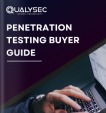
Conclusion
In conclusion, payment card data security standard compliance and penetration testing are essential components of a robust cybersecurity strategy for businesses that handle payment card data. By understanding the role of PCI-DSS, the importance of penetration testing, and the criteria for choosing a service provider, organizations can strengthen their security posture and ensure the protection of sensitive customer information.
Penetration testing is best to defend your organization from cybercriminals and hackers. A hacking effort might have disastrous consequences for your company’s reputation. A good penetration test can assist you in identifying and addressing these vulnerabilities before others do.
You’ve worked hard to create your firm and safeguard your clients, so don’t let a blunder result in significant financial losses or public disgrace. If you need assistance with PCI DSS penetration testing, contact us.
FAQs:
1. What is PCI DSS valid for?
PCI DSS (Payment Card Industry Data Security Standard) applies to enterprises that manage cardholder data. It defines security standards for securing sensitive payment information during processing, storage, and transfer to avoid data breaches and ensure secure payment transactions.
2. Where does PCI DSS apply?
PCI DSS applies to any entity that processes, stores, or transmits payment card data. This comprises retailers, financial institutions, and service providers who handle credit and debit card transactions.
3. What are the testing methods for PCI DSS requirements?
Vulnerability scanning, penetration testing, and self-assessment questionnaires are used to evaluate PCI DSS requirement. These approaches assist in identifying and addressing security weaknesses, hence assuring standard compliance.
4. Why PCI DSS is required?
PCI DSS is essential to safeguard sensitive payment card information and prevent data breaches. Compliance promotes client trust, lowers the risk of financial losses, and maintains a safe environment for processing electronic transactions, all contributing to the payment card industry’s integrity.

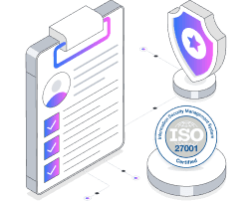







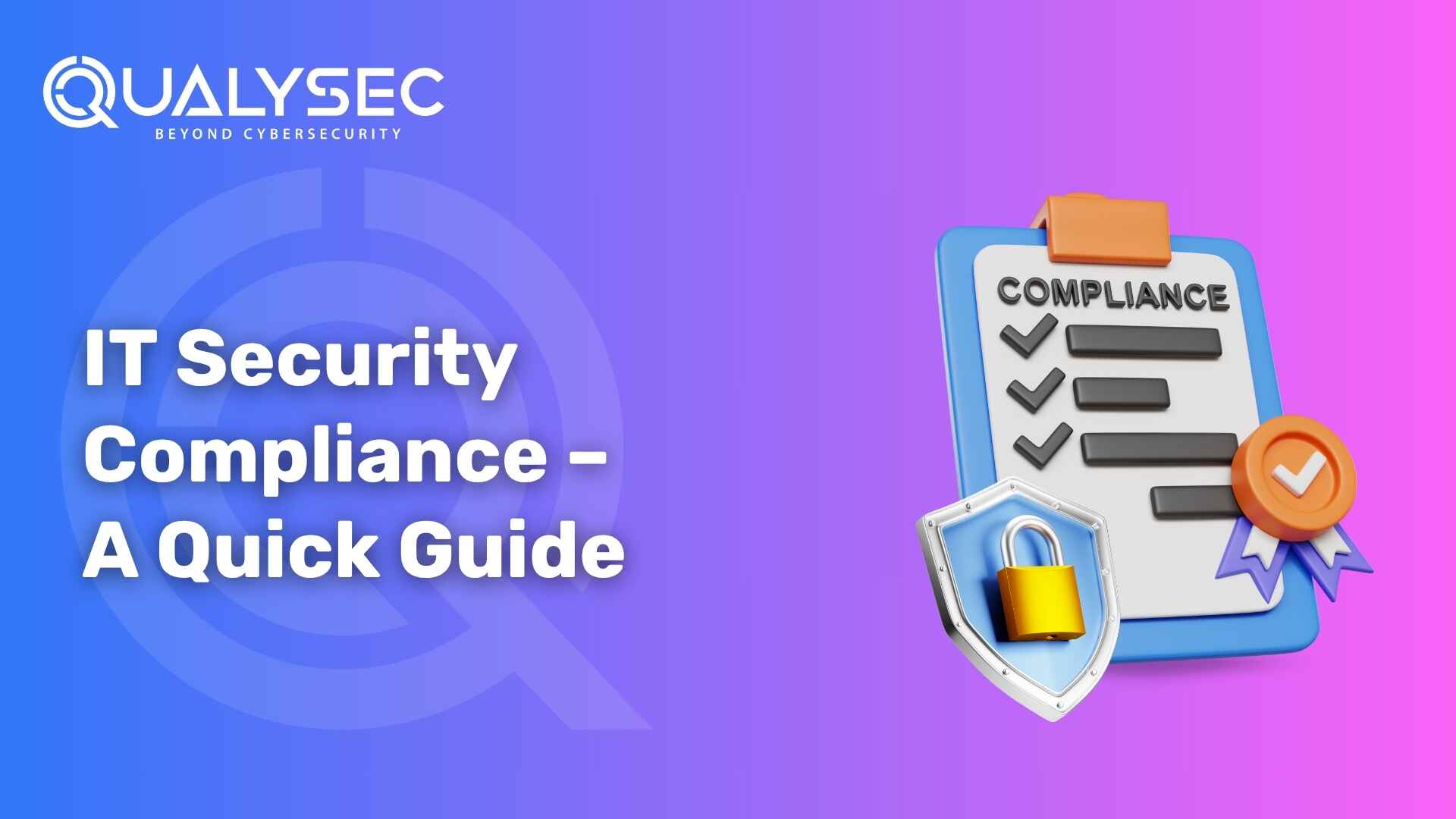
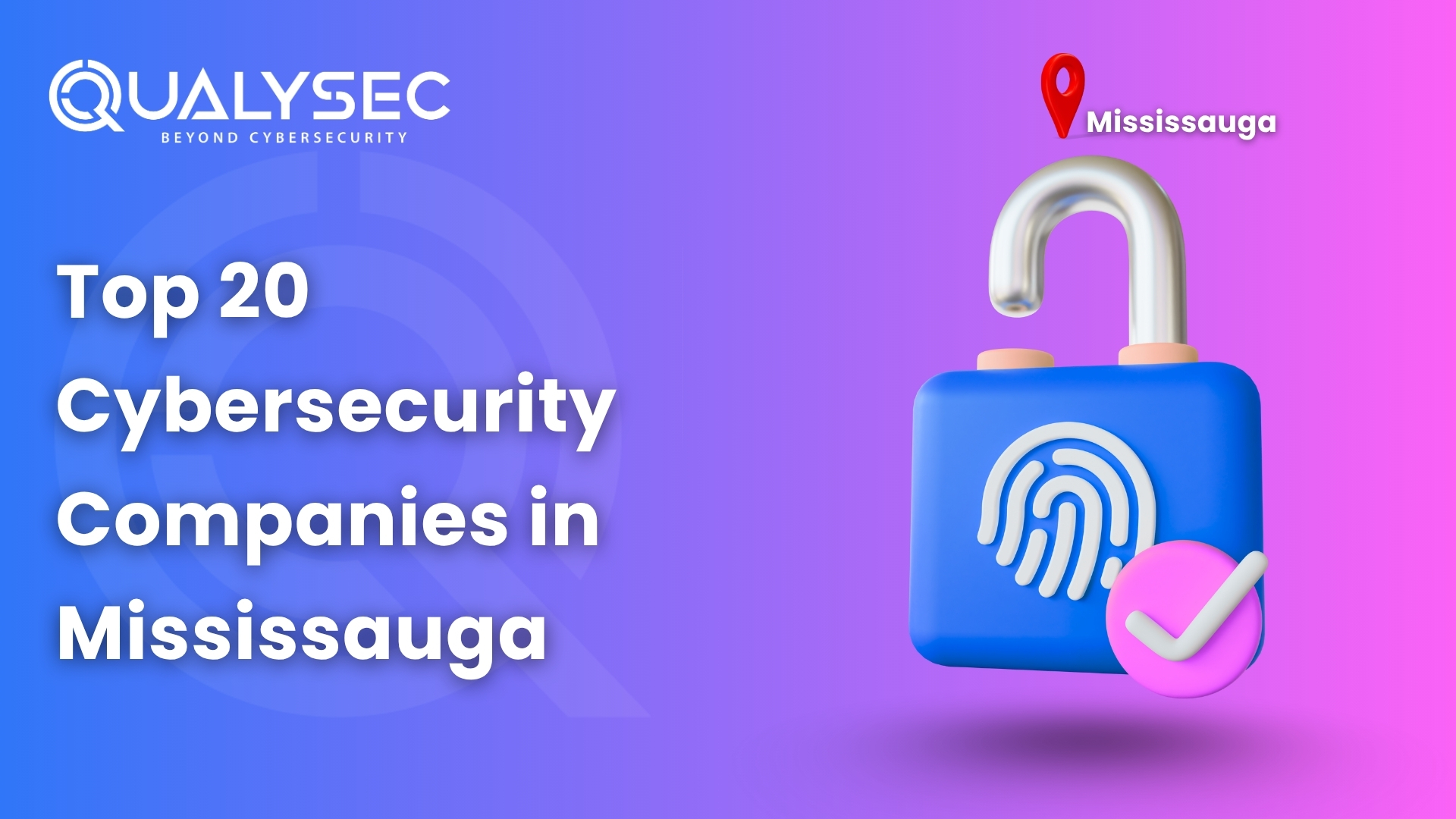

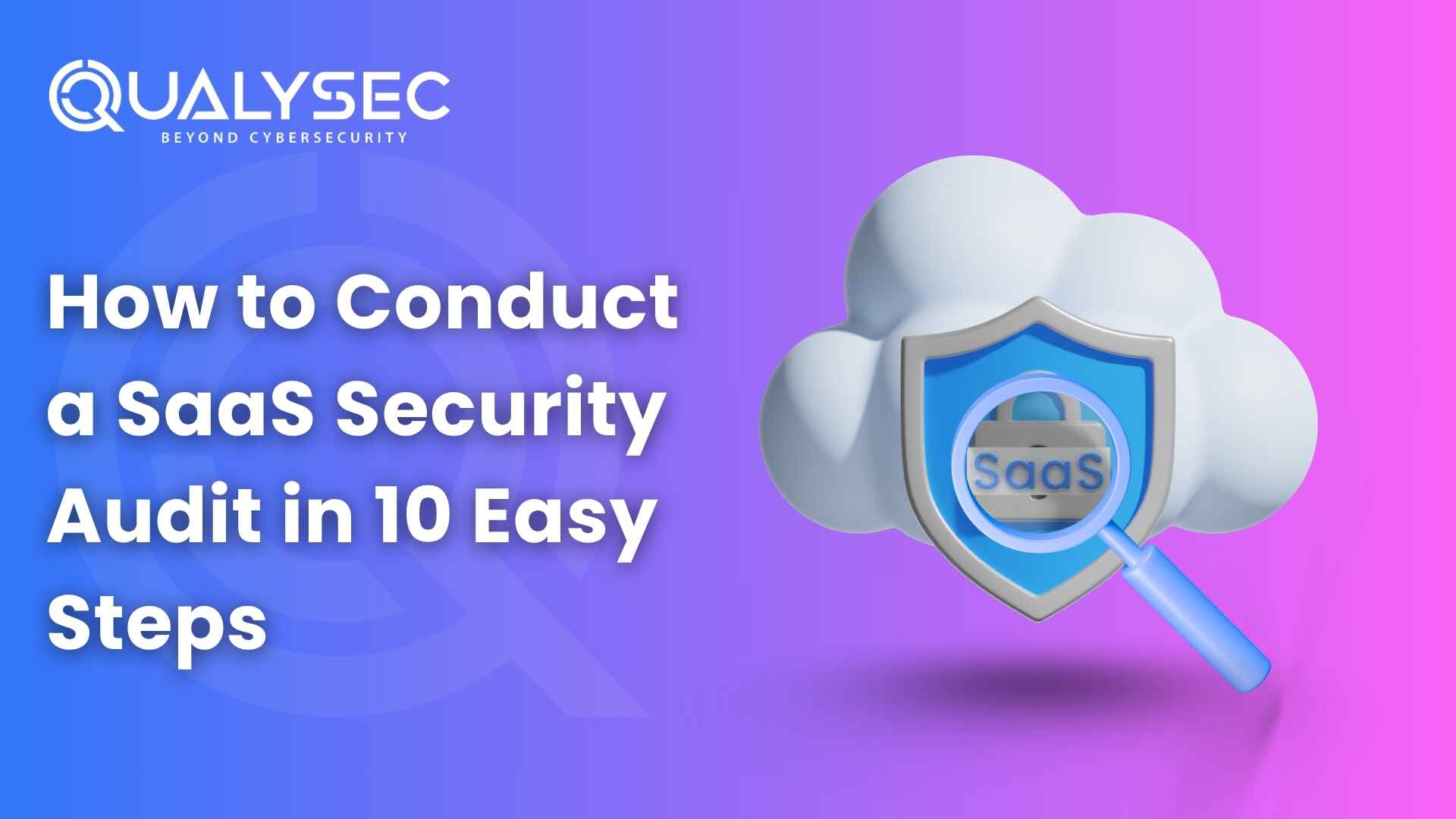
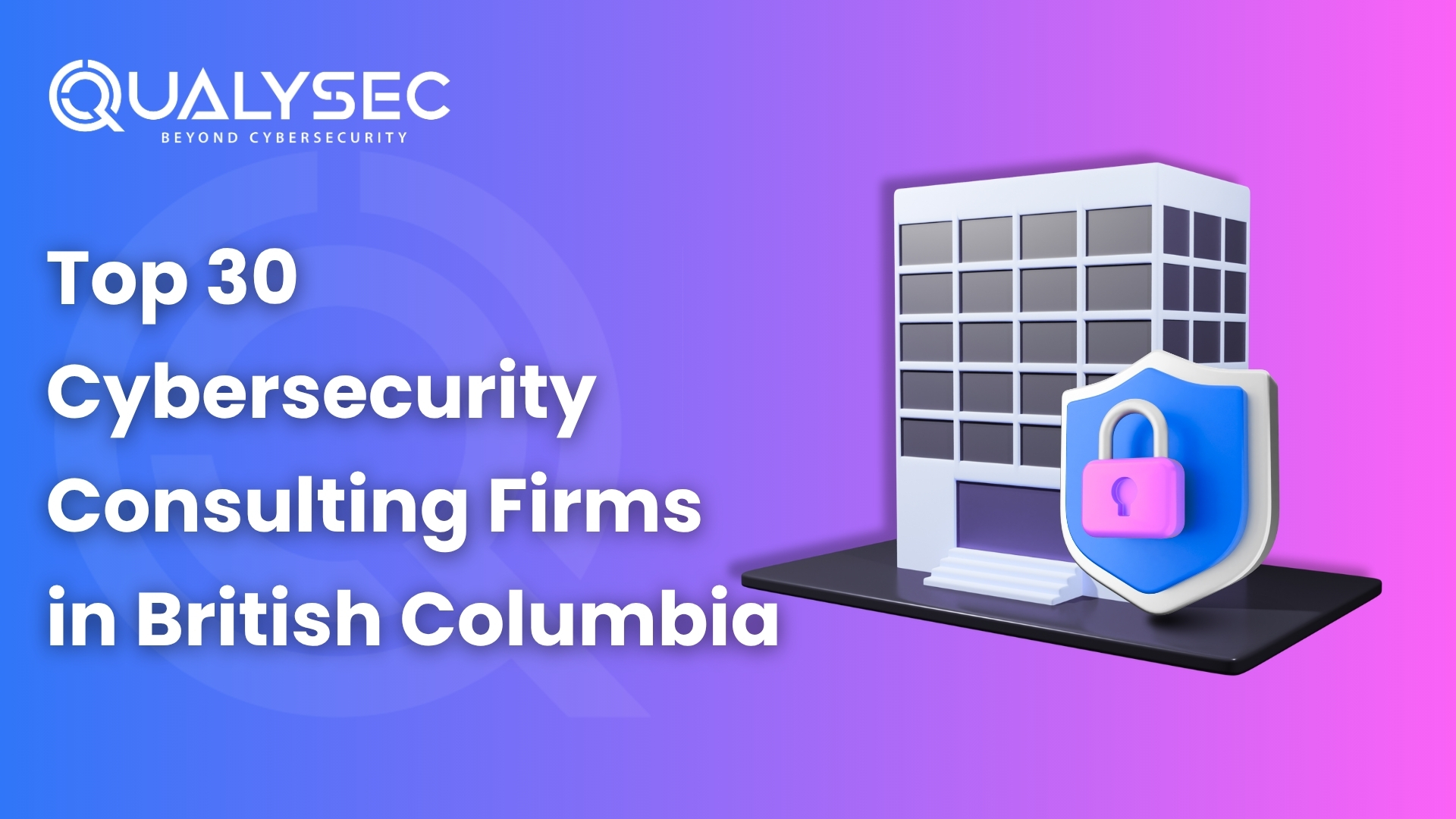

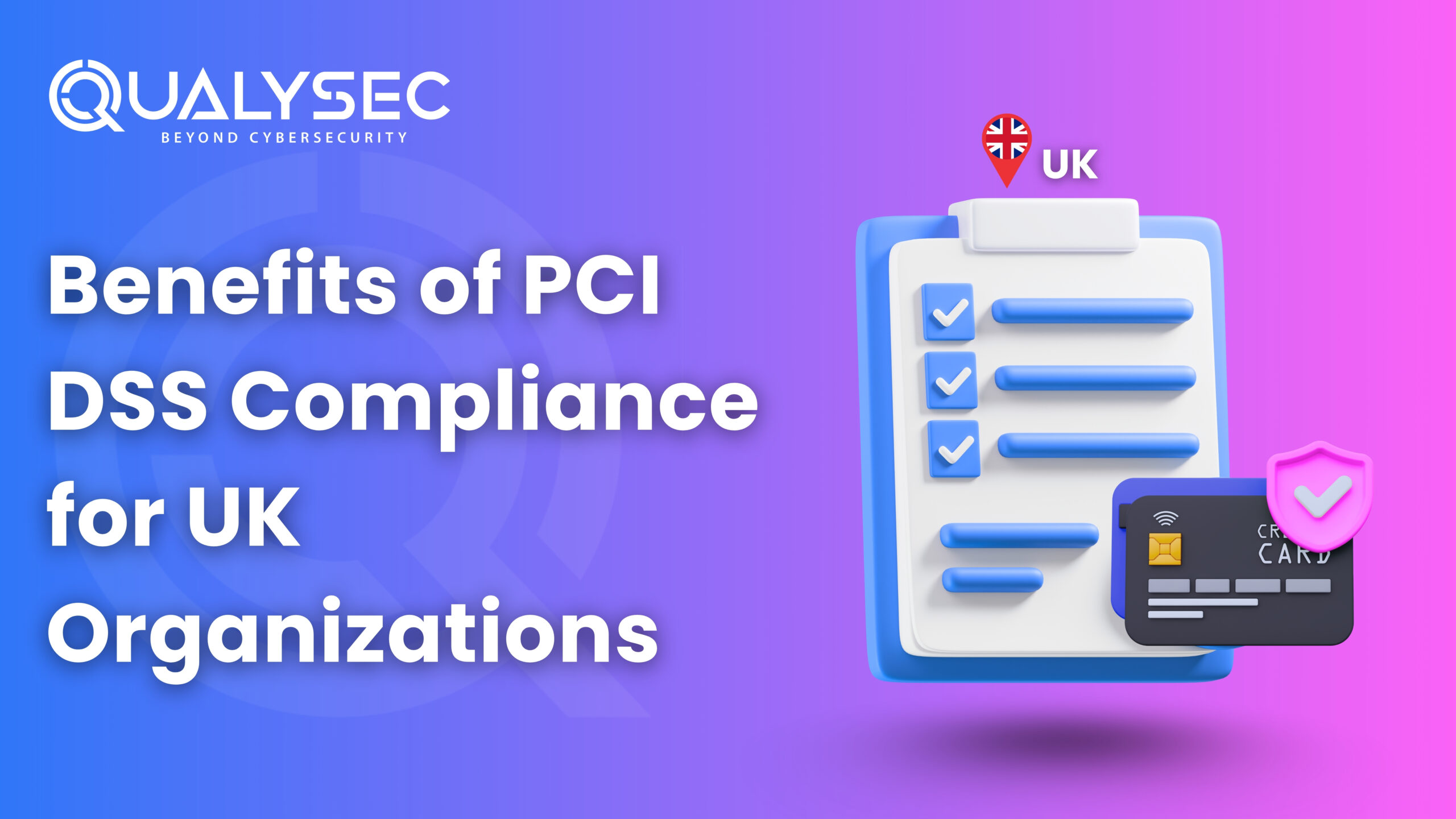

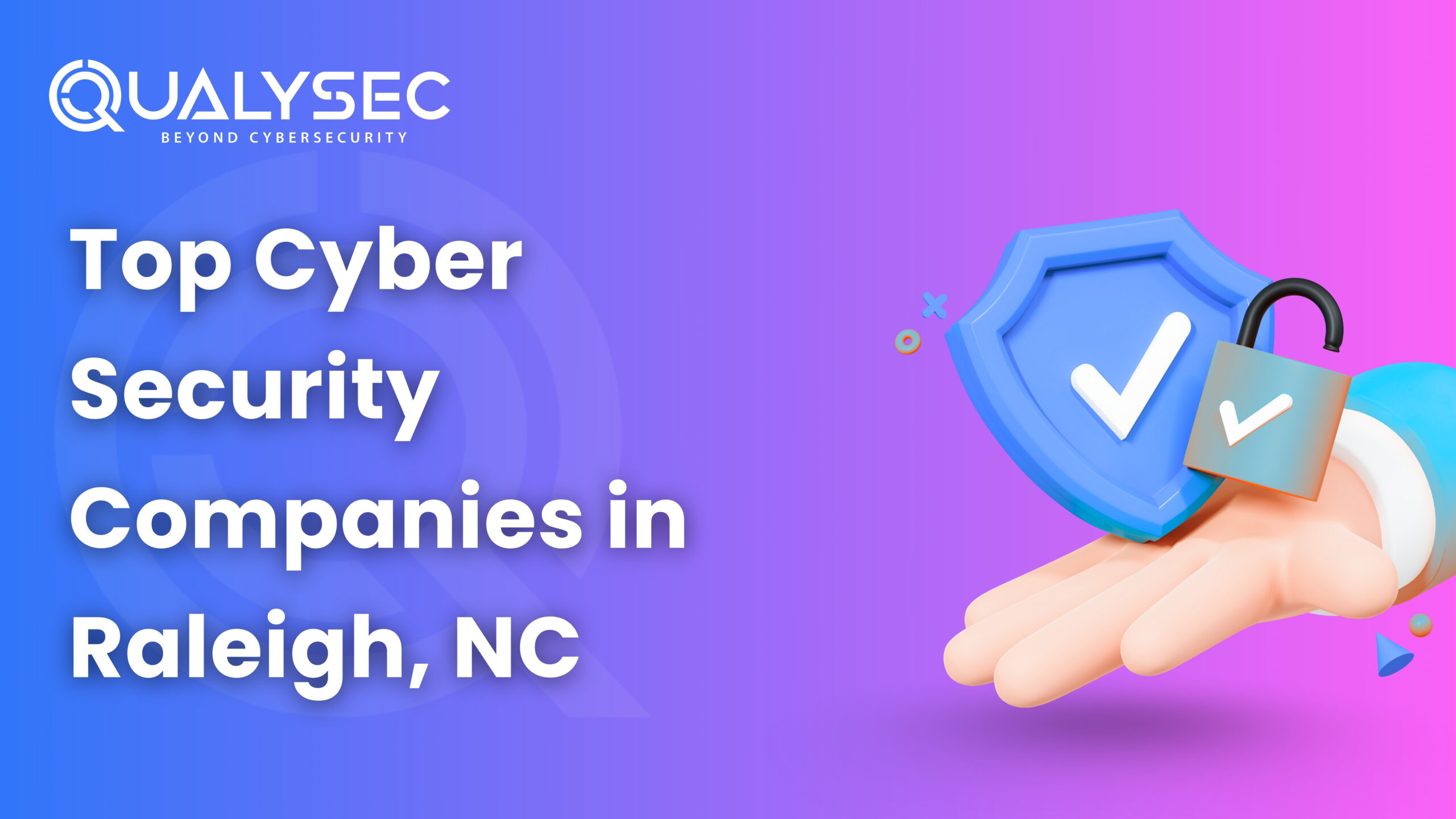
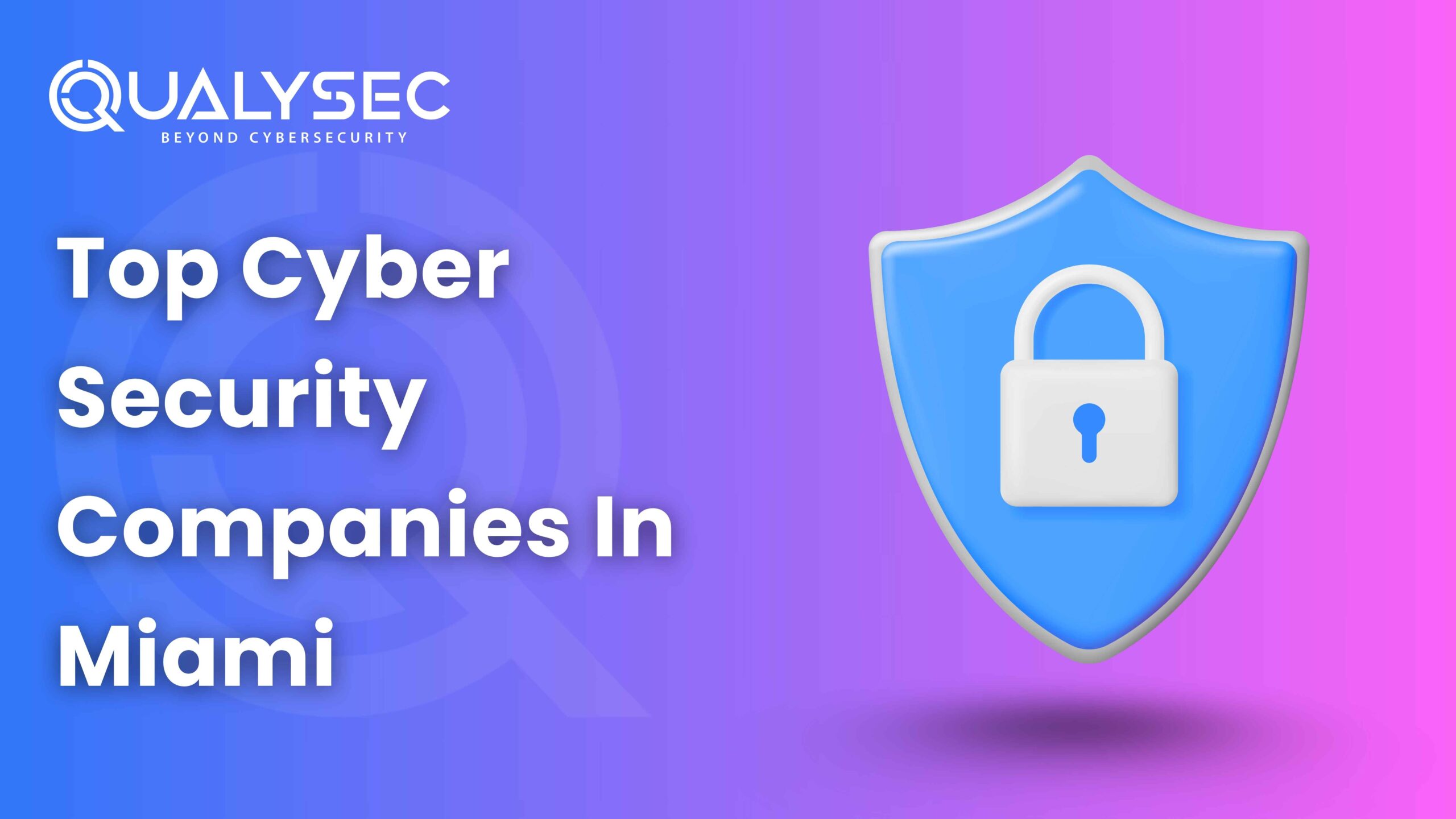

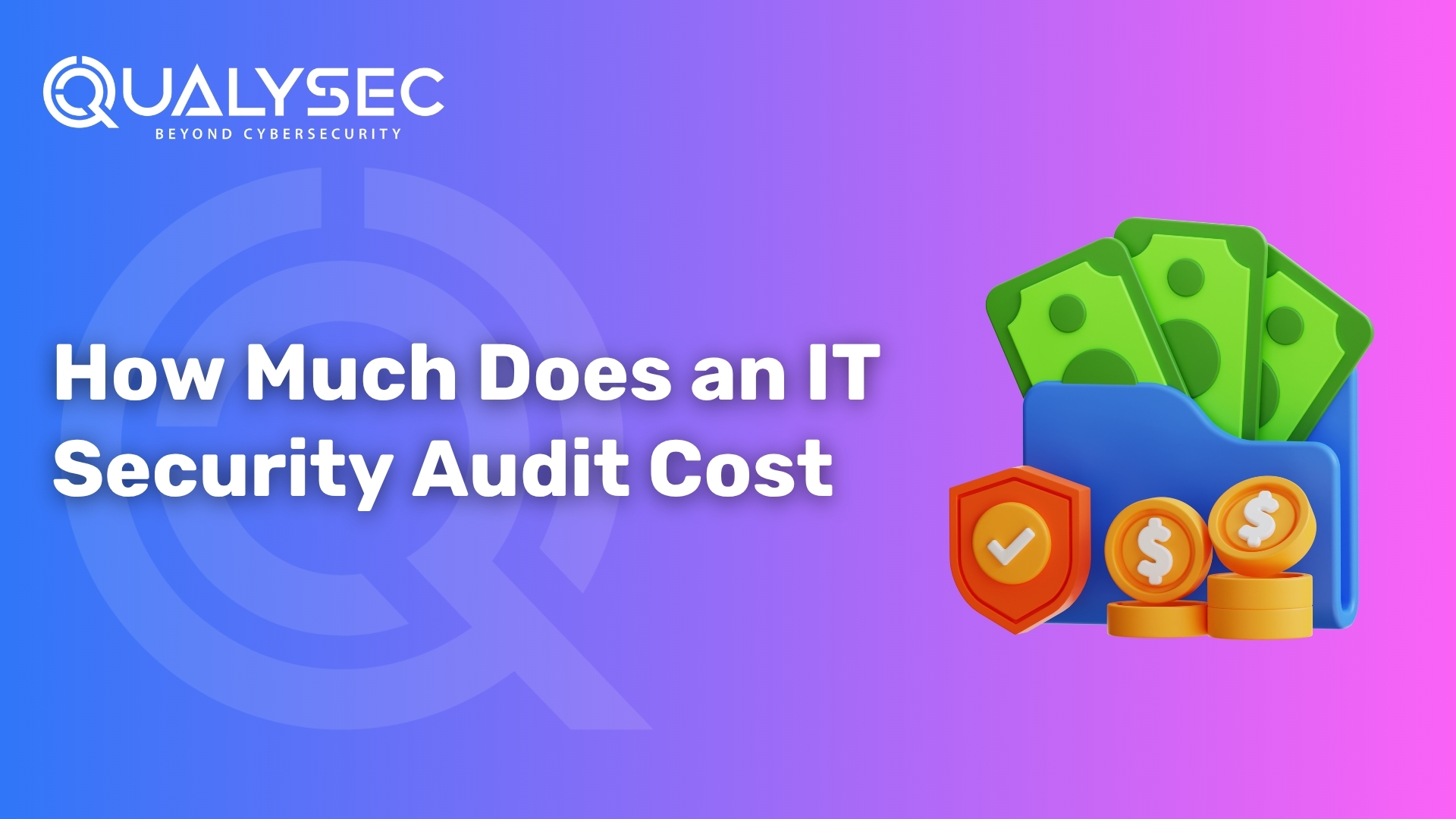
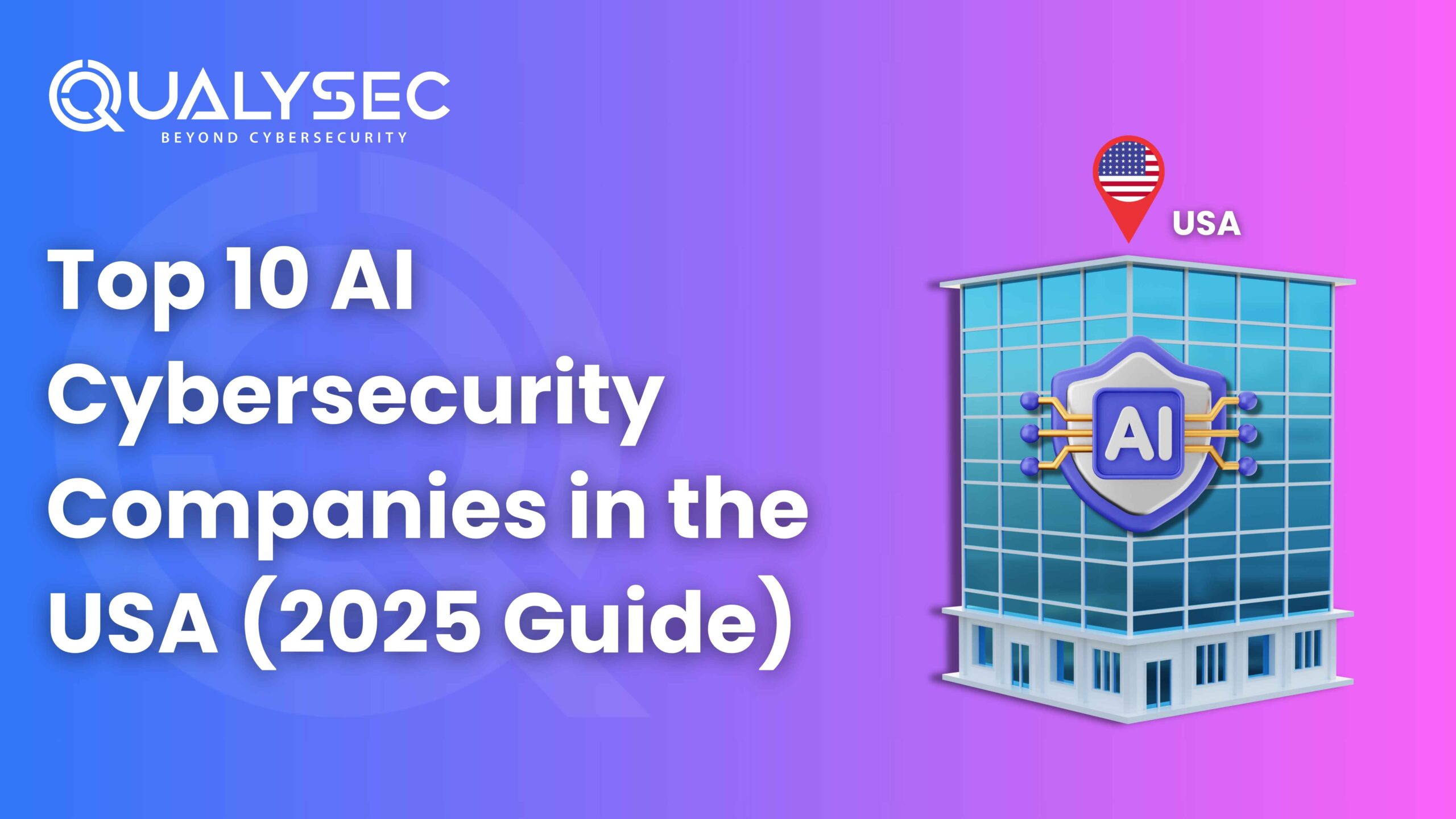
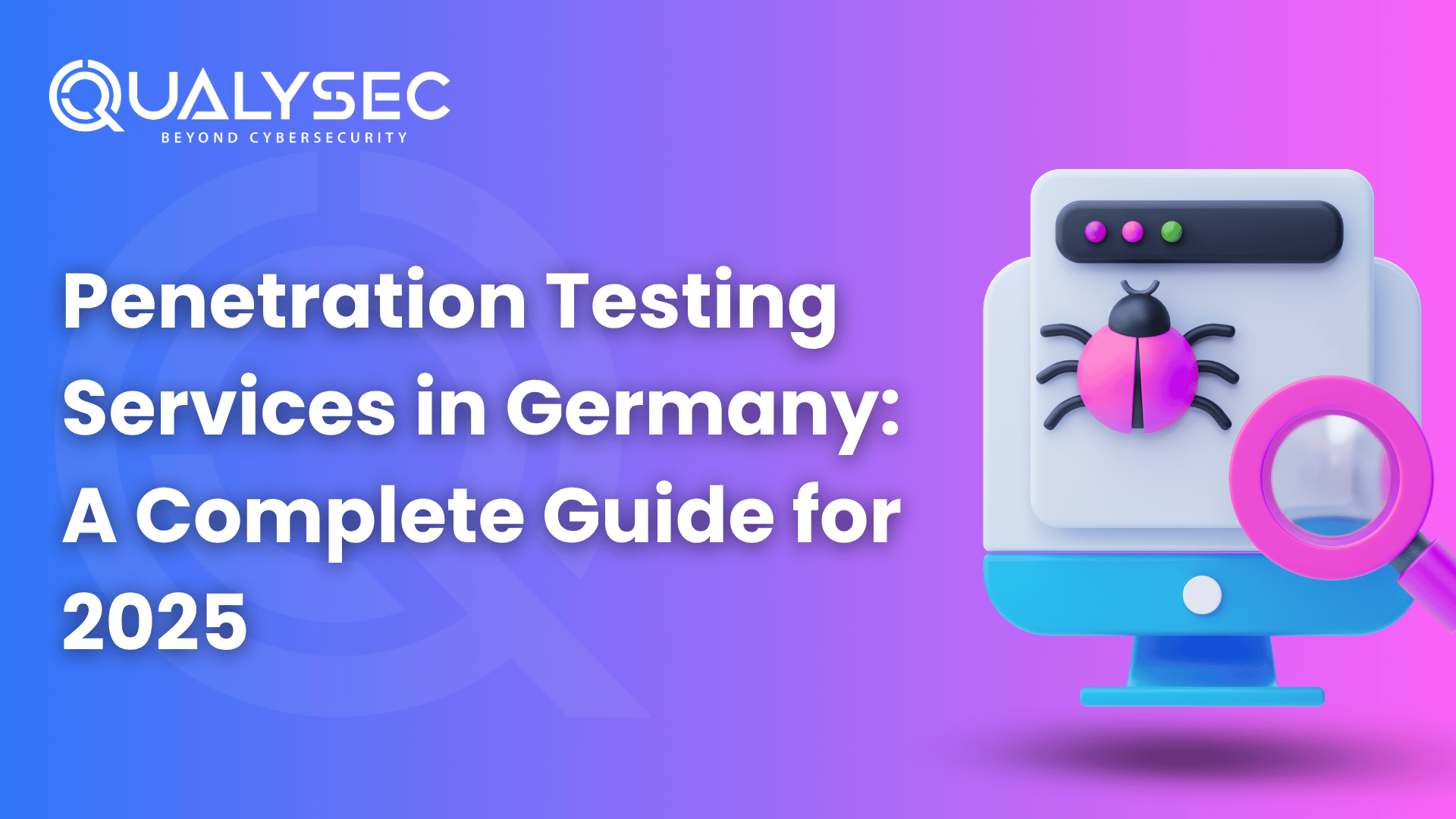
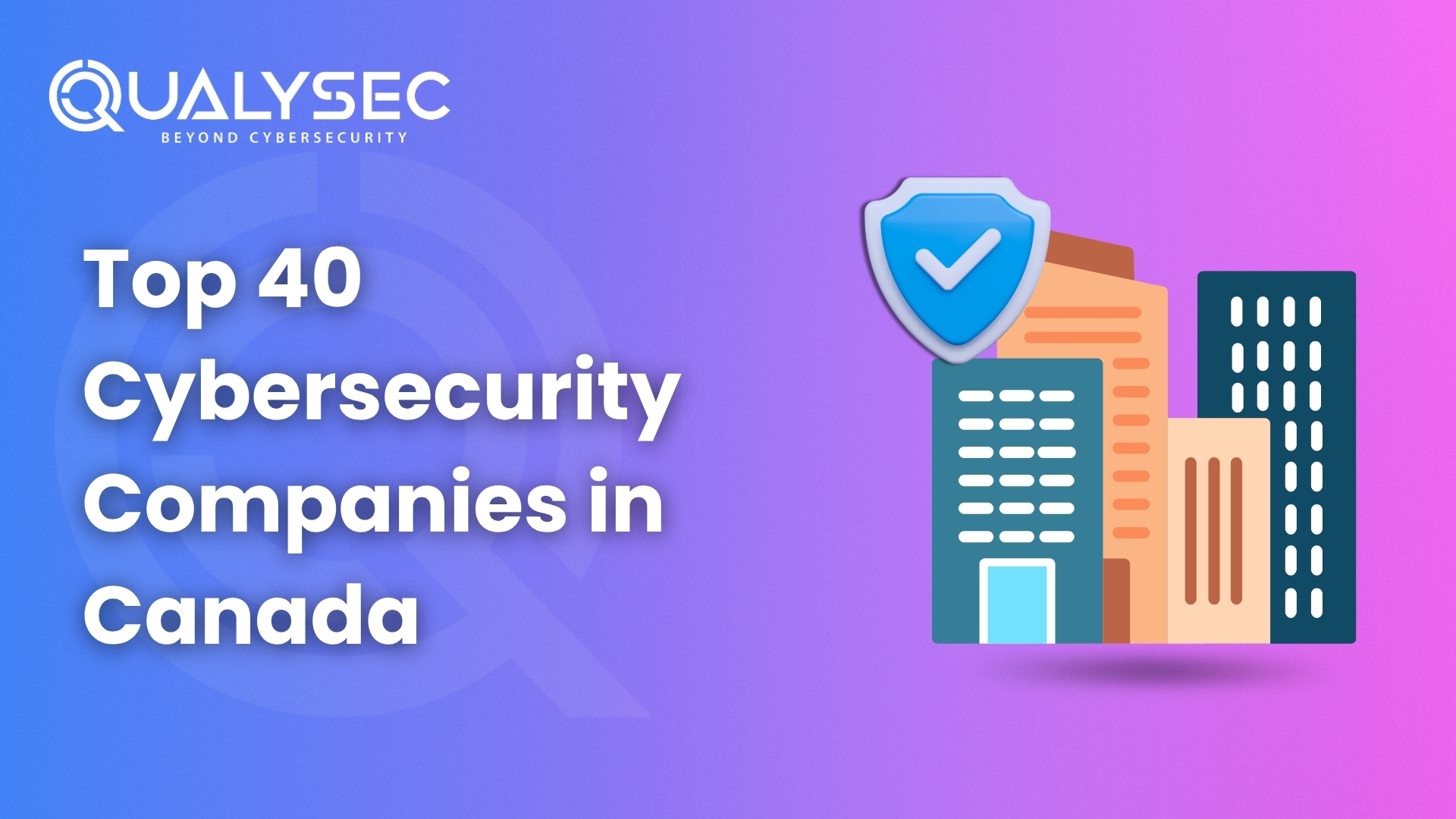
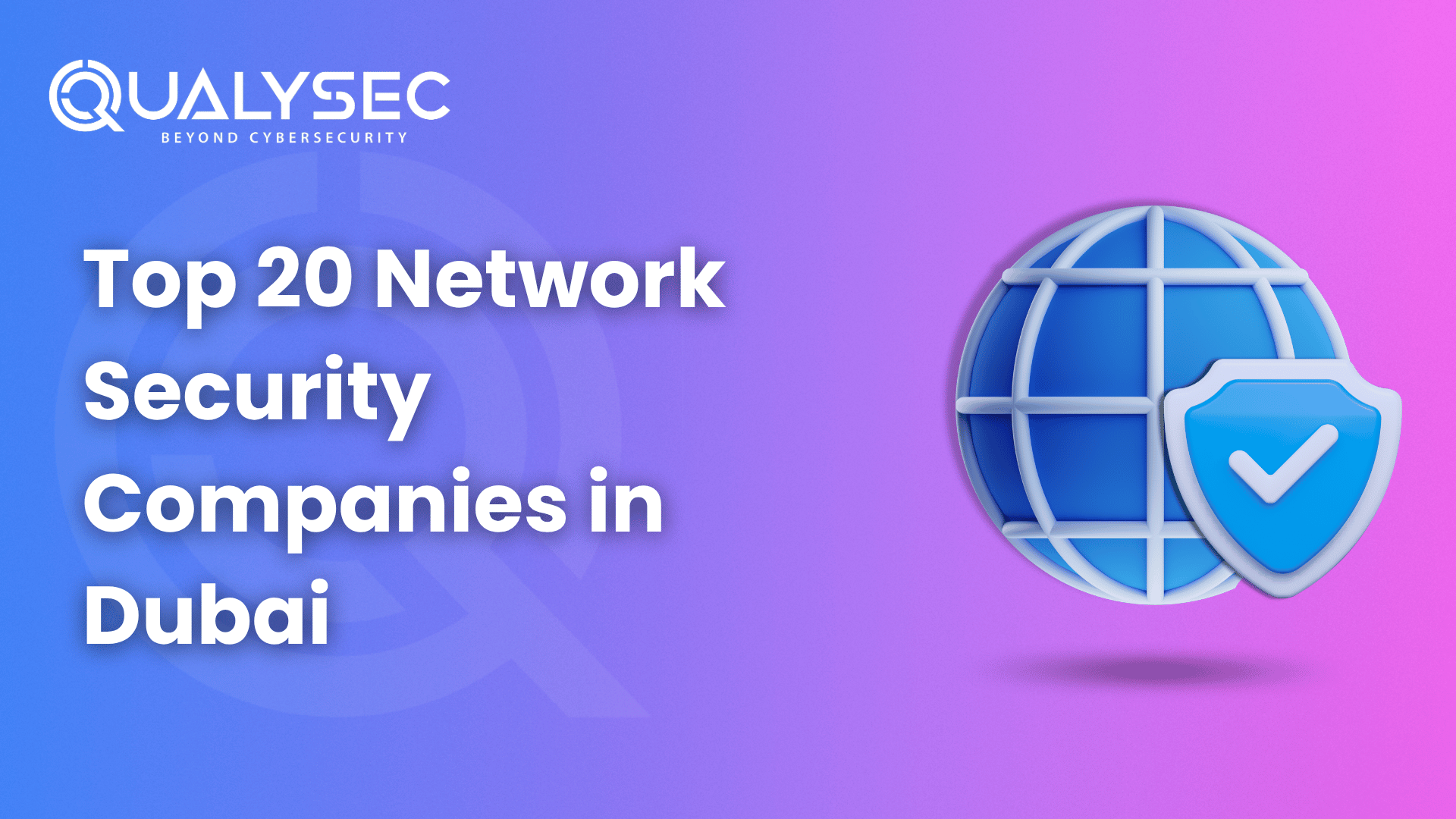
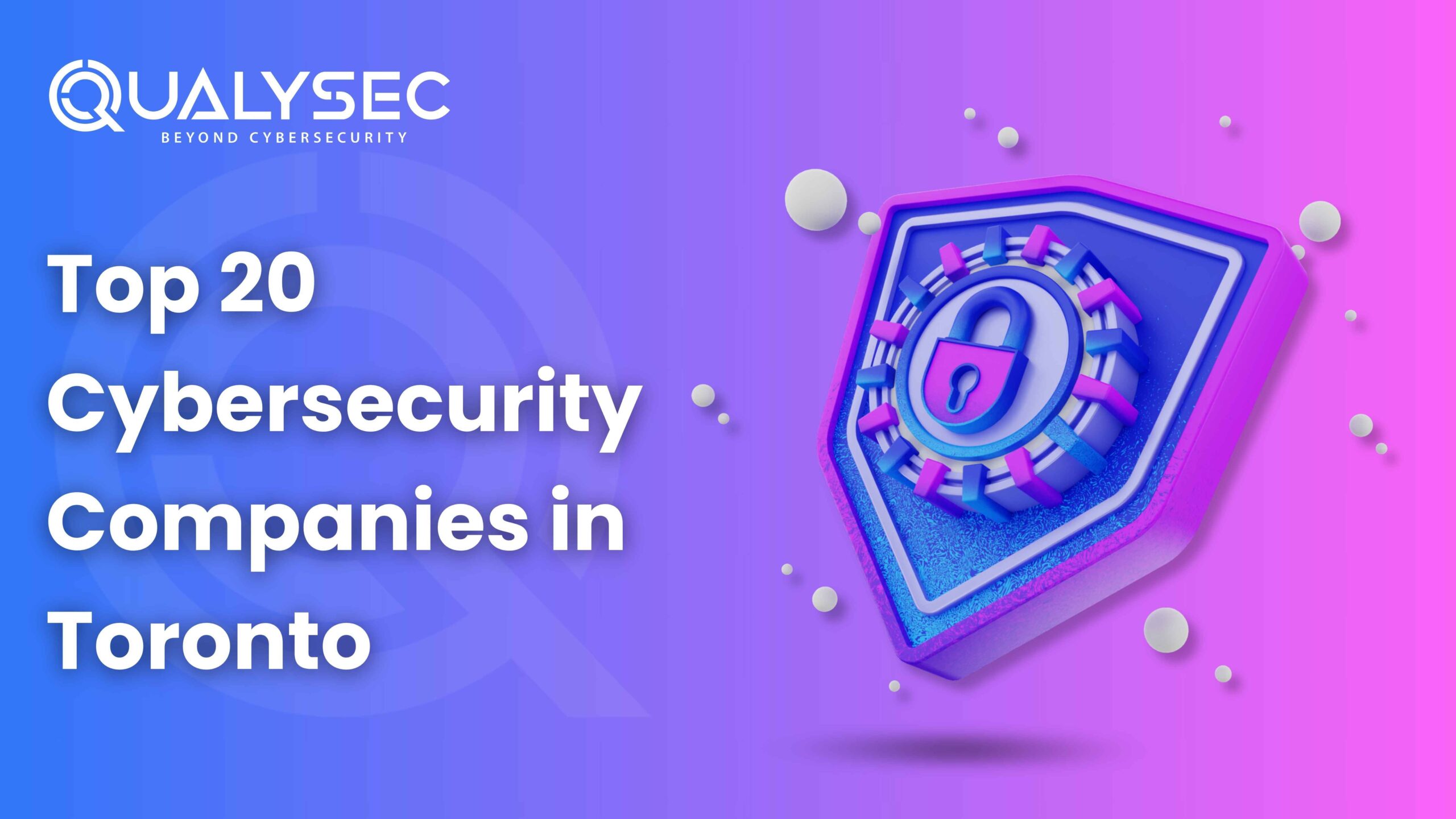
![Top 20 Network Security Companies in USA [2025 Updated List]](https://qualysec.com/wp-content/uploads/2025/05/Top-20-Network-Security-Companies-in-USA-2025-Updated-List-scaled.jpg)
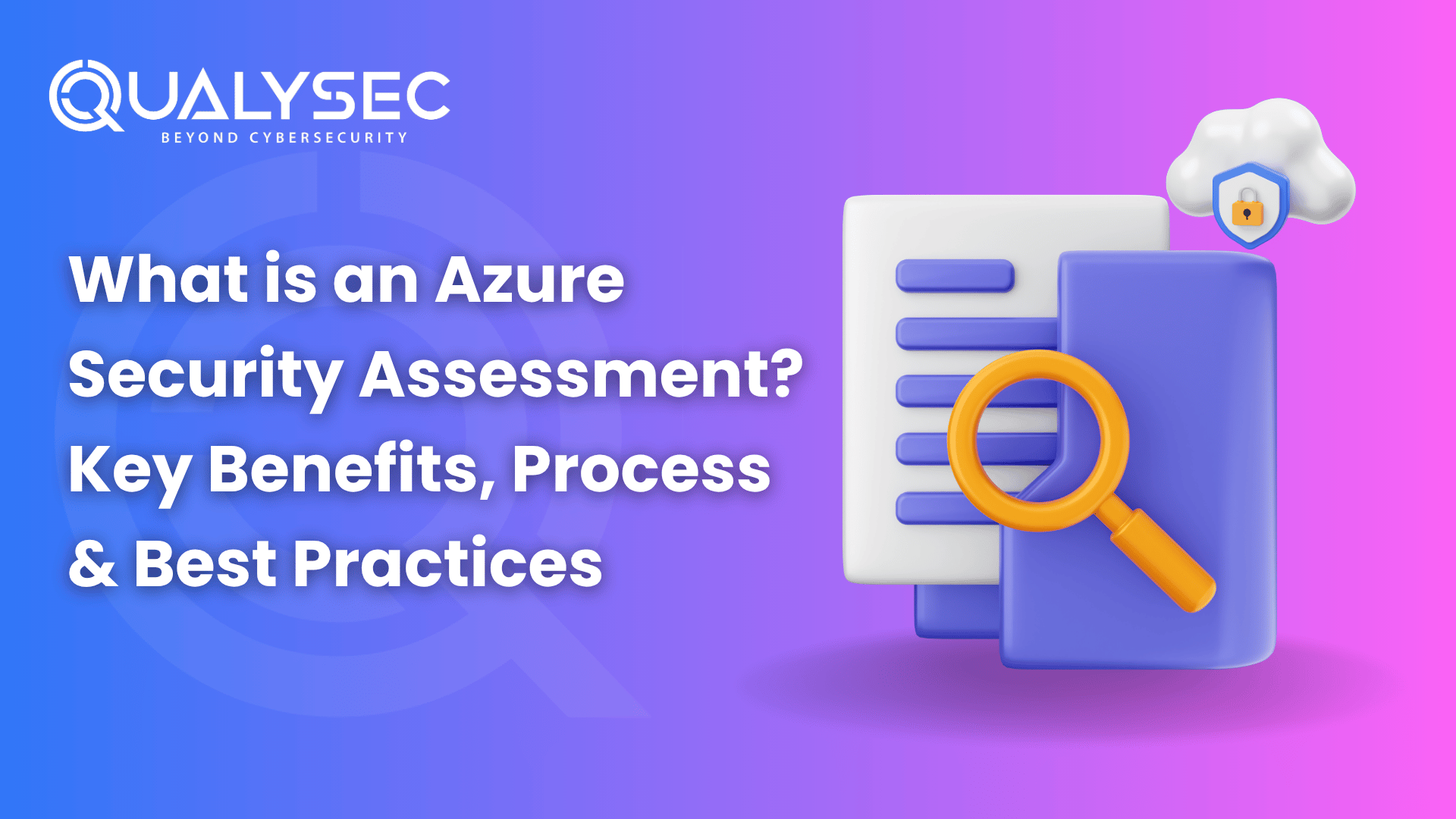
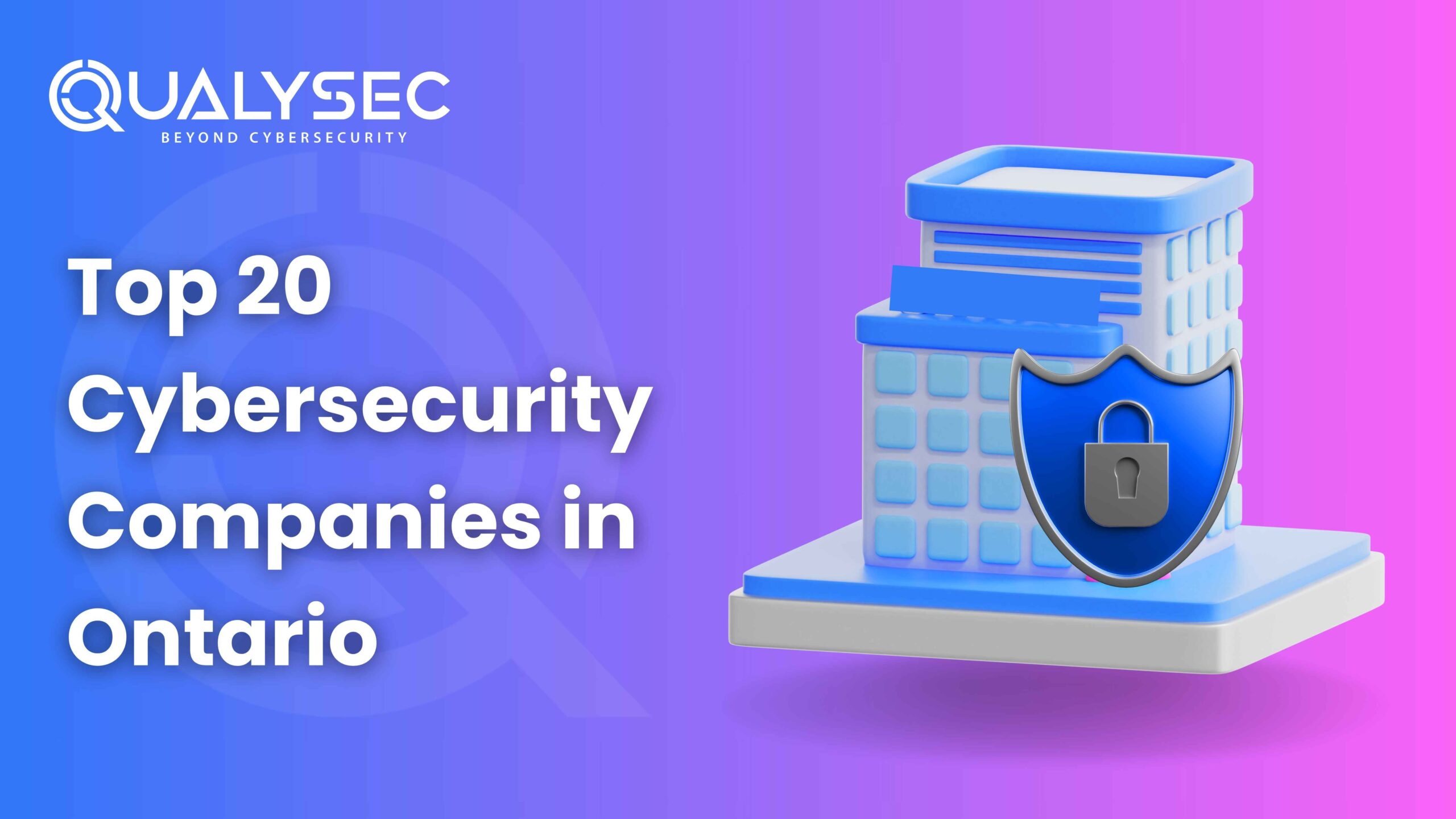
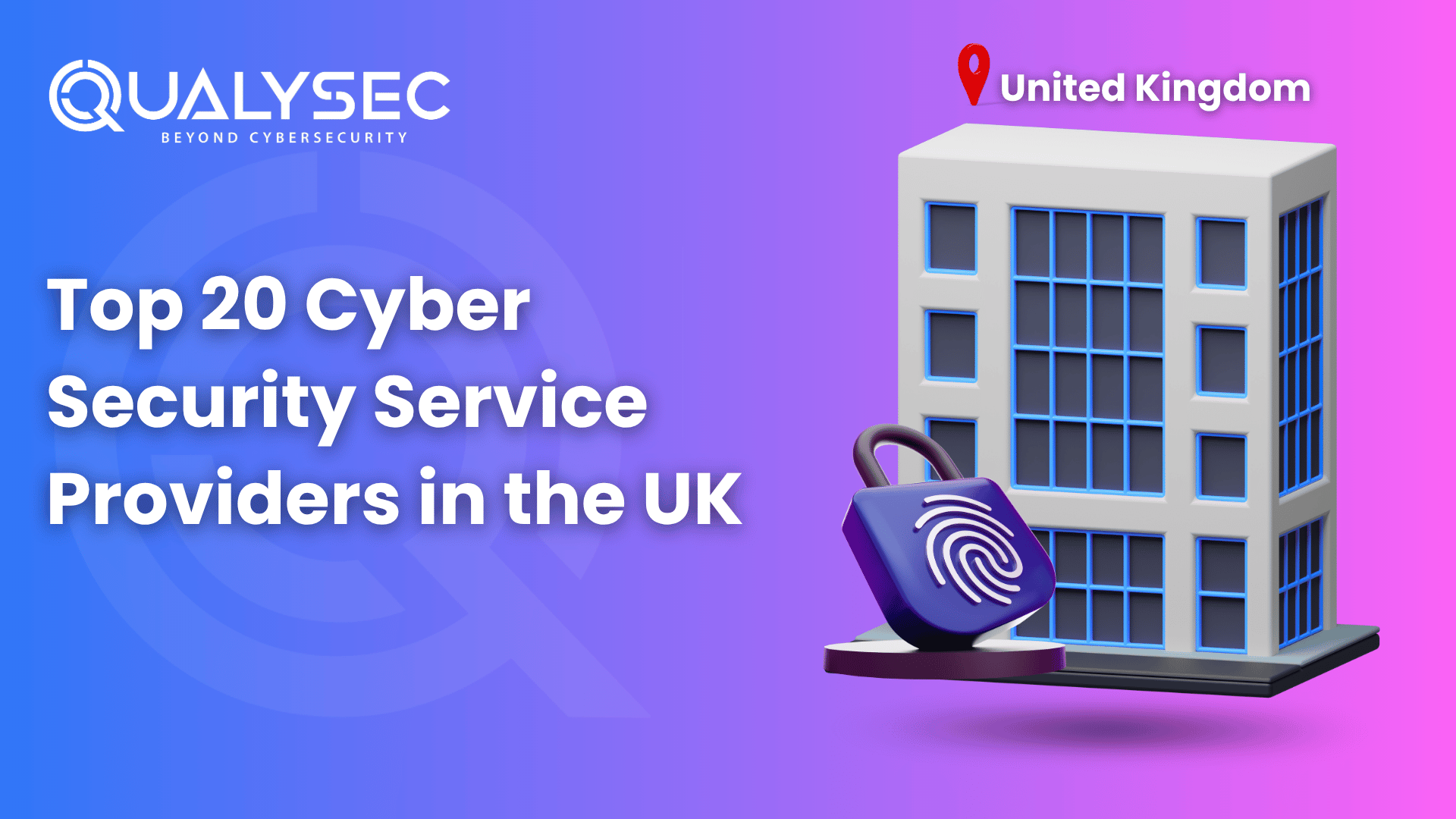
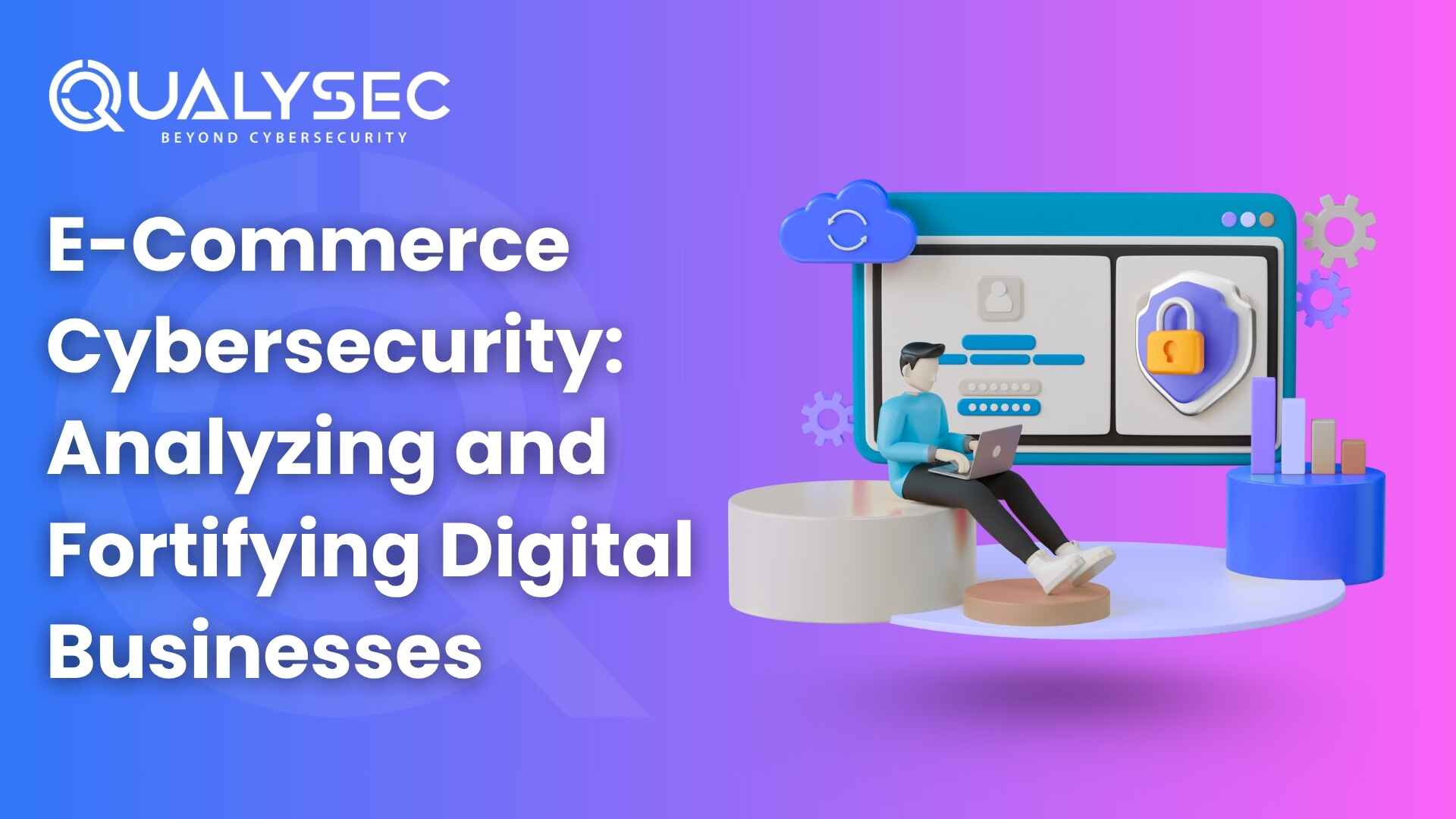
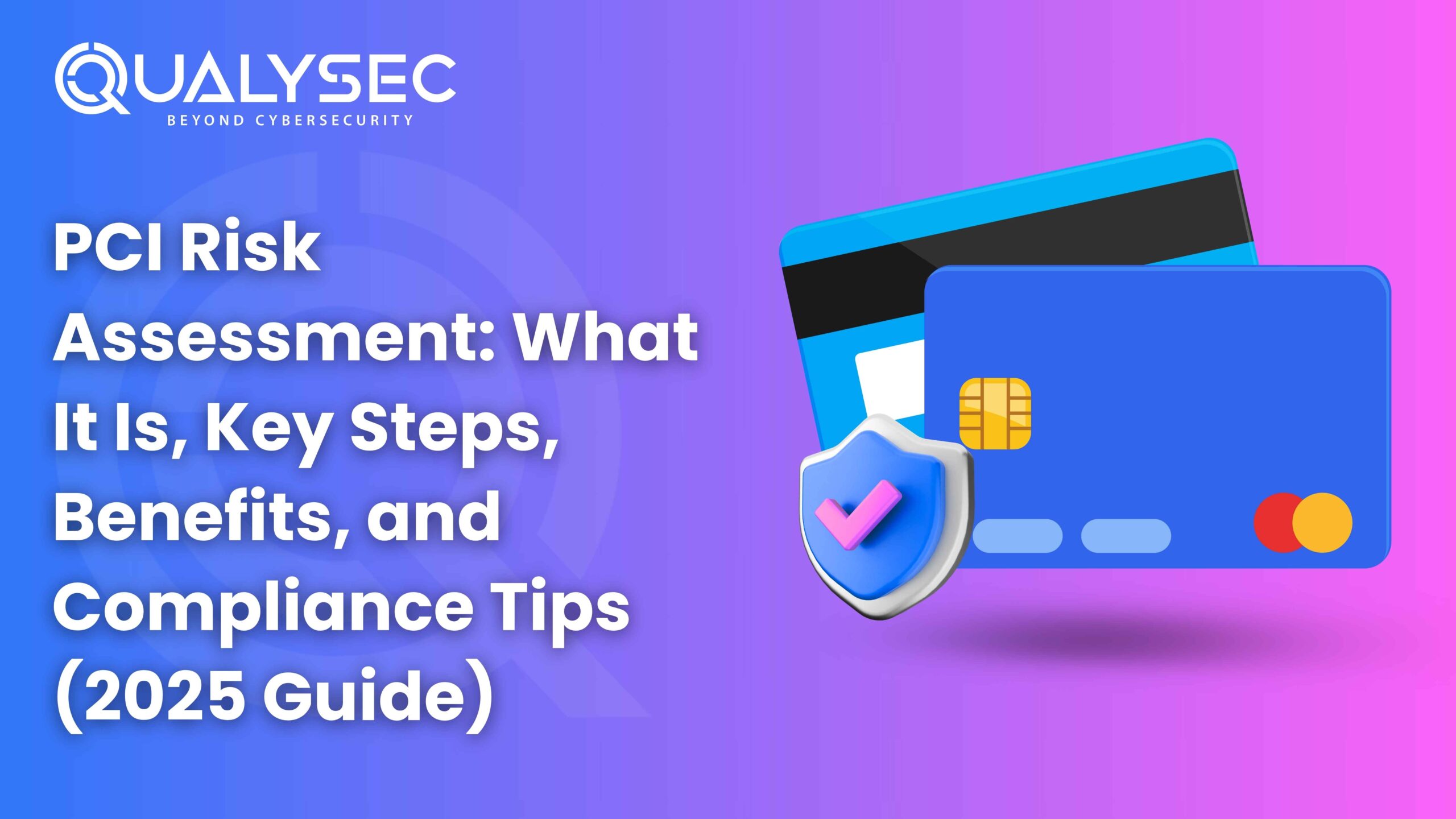


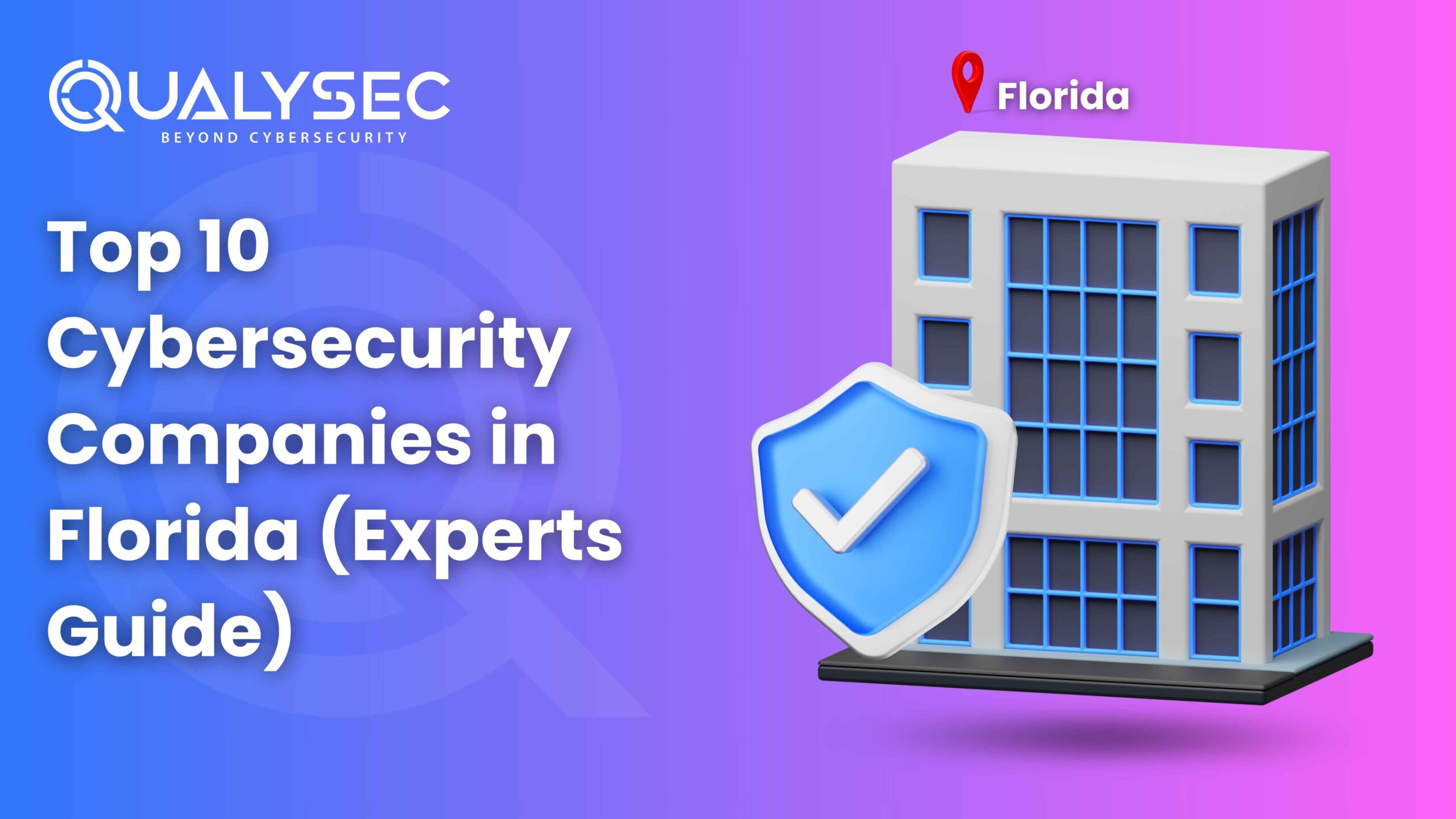












































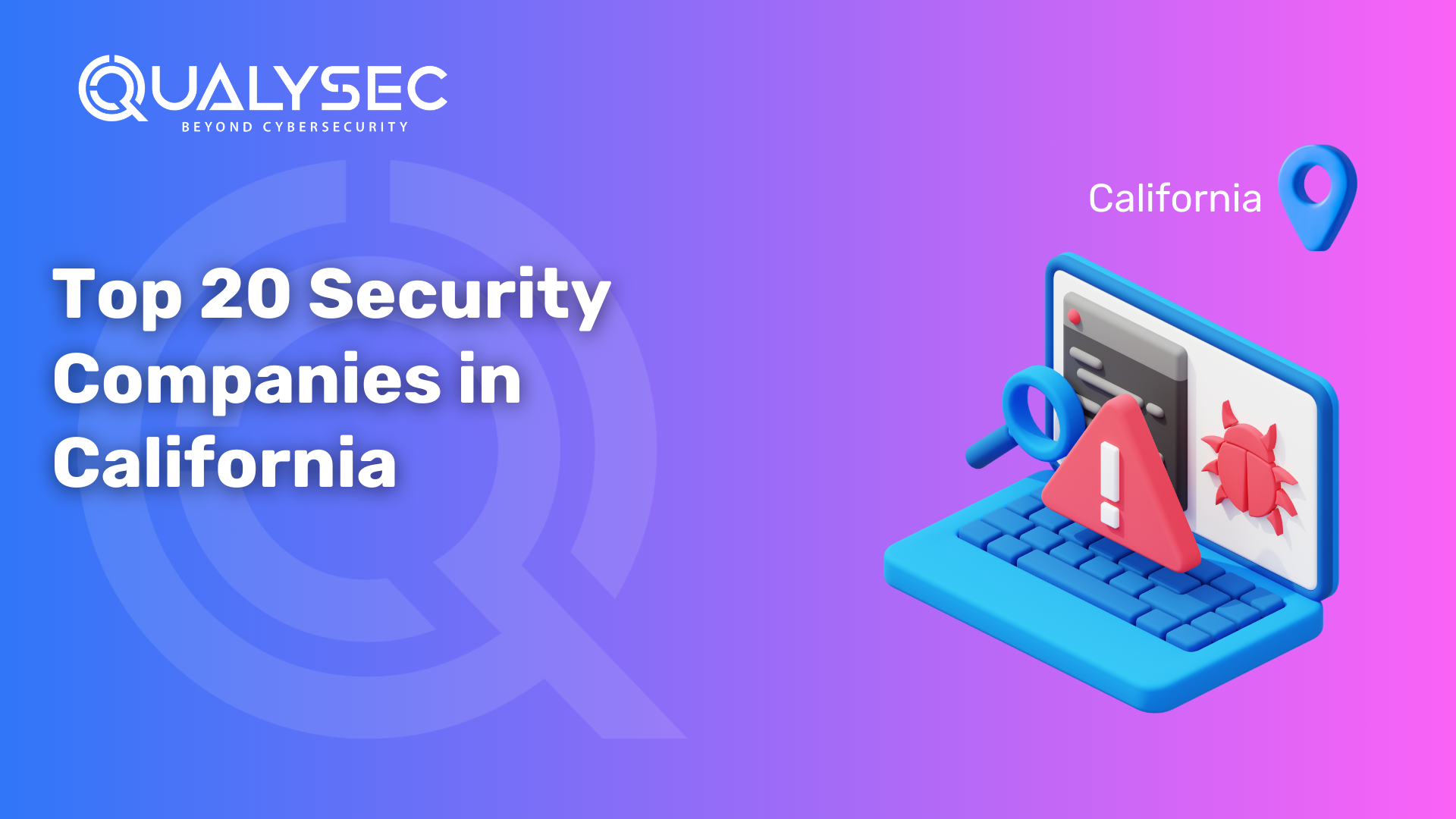









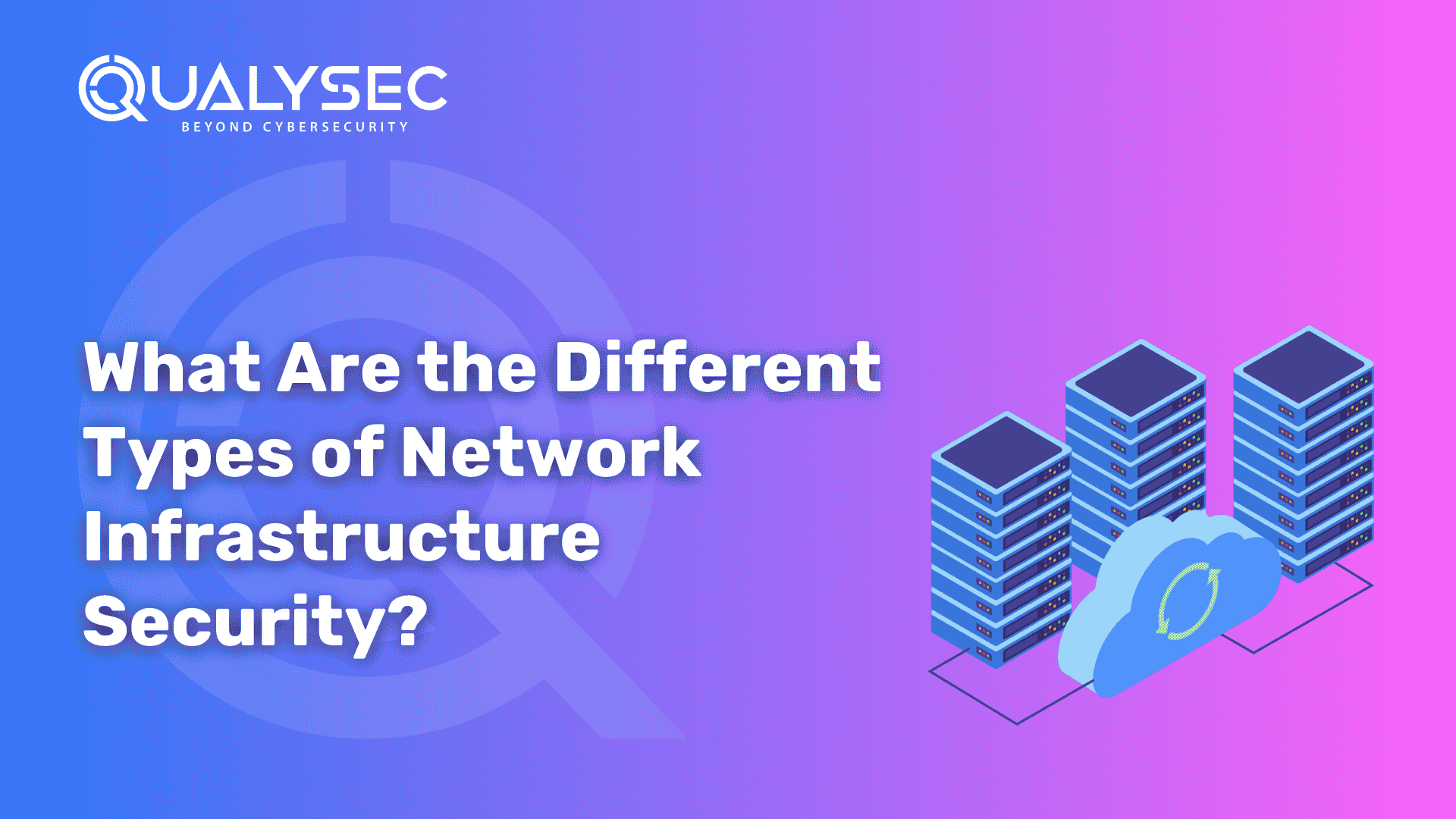







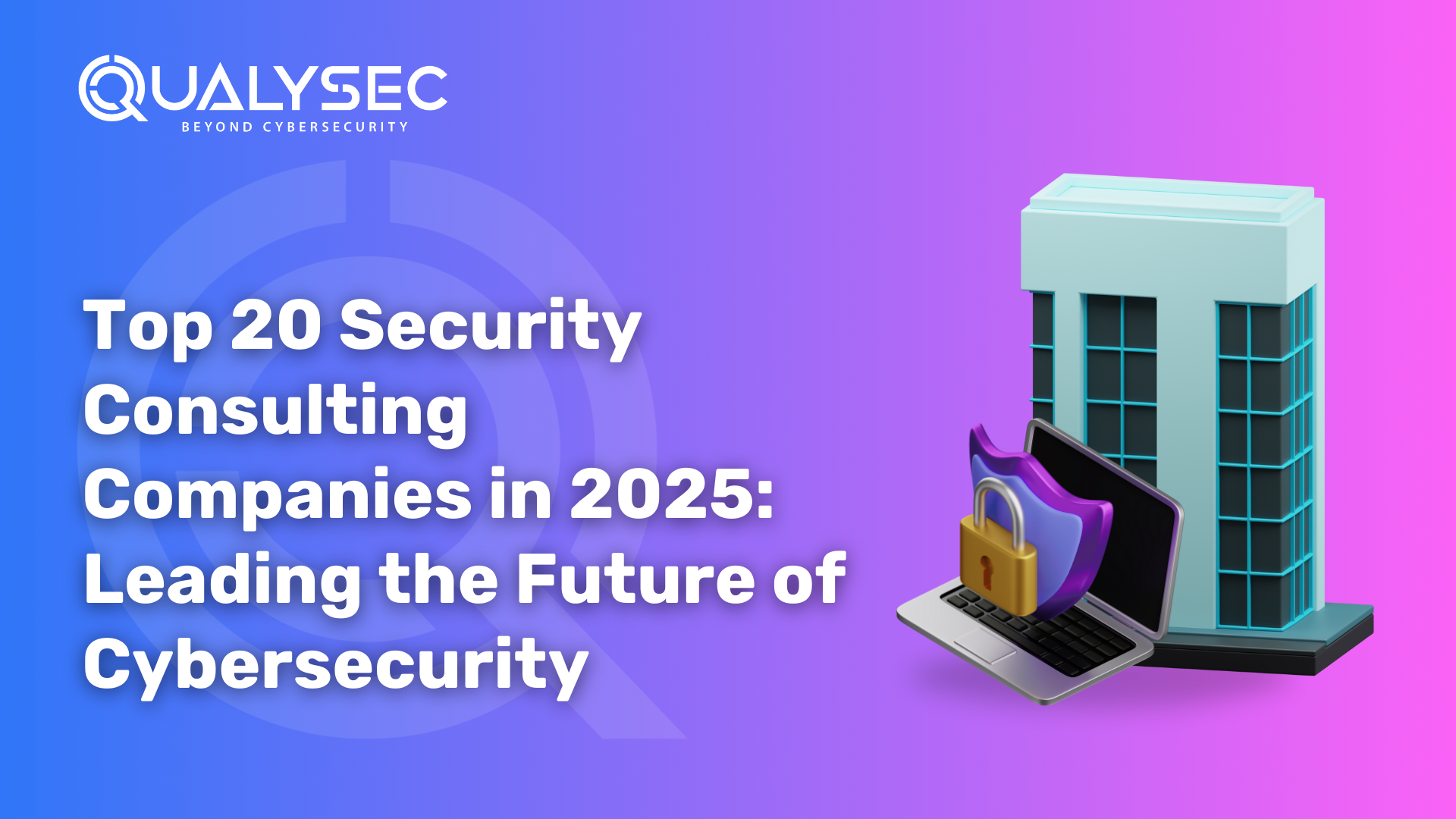

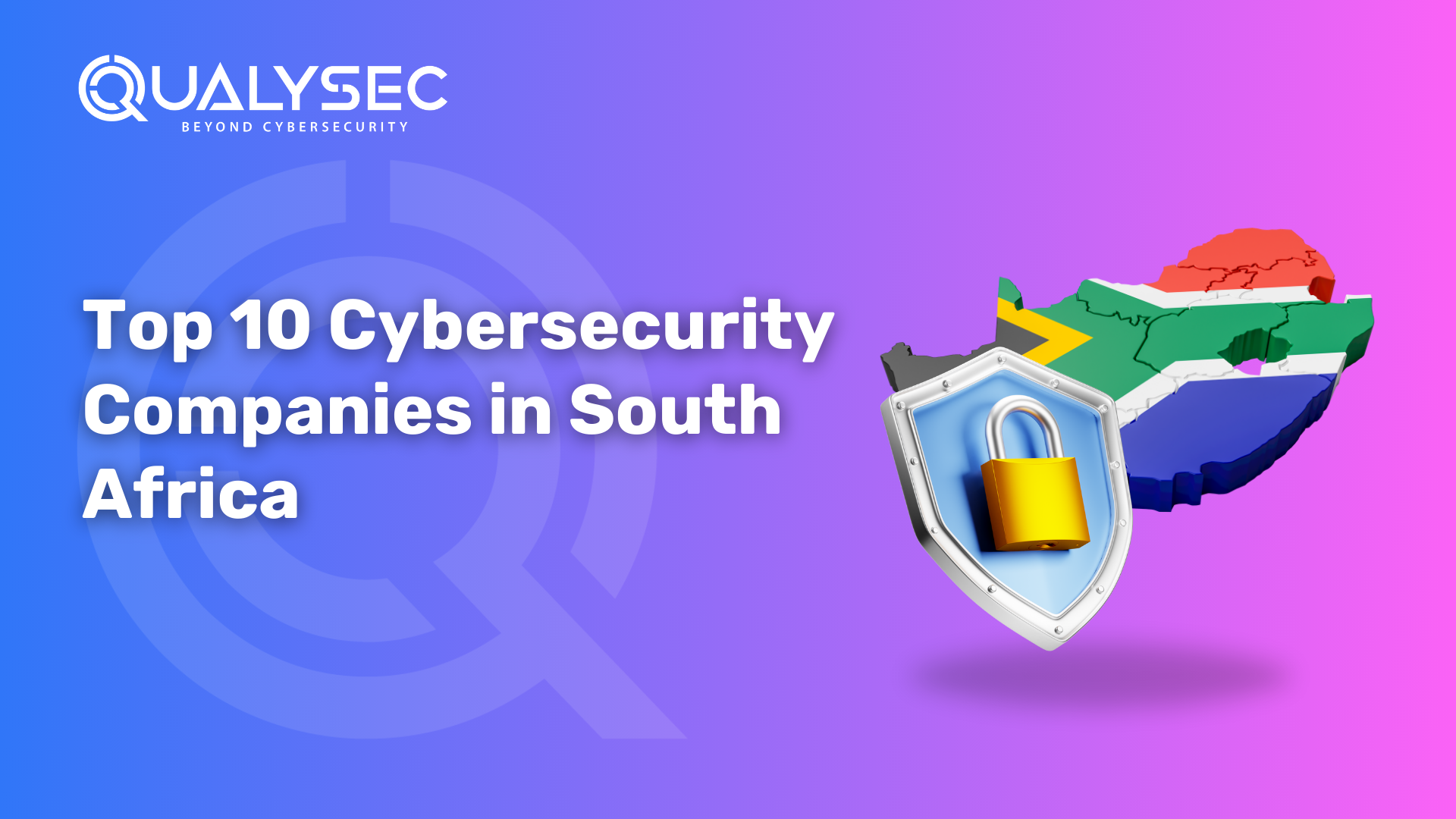






























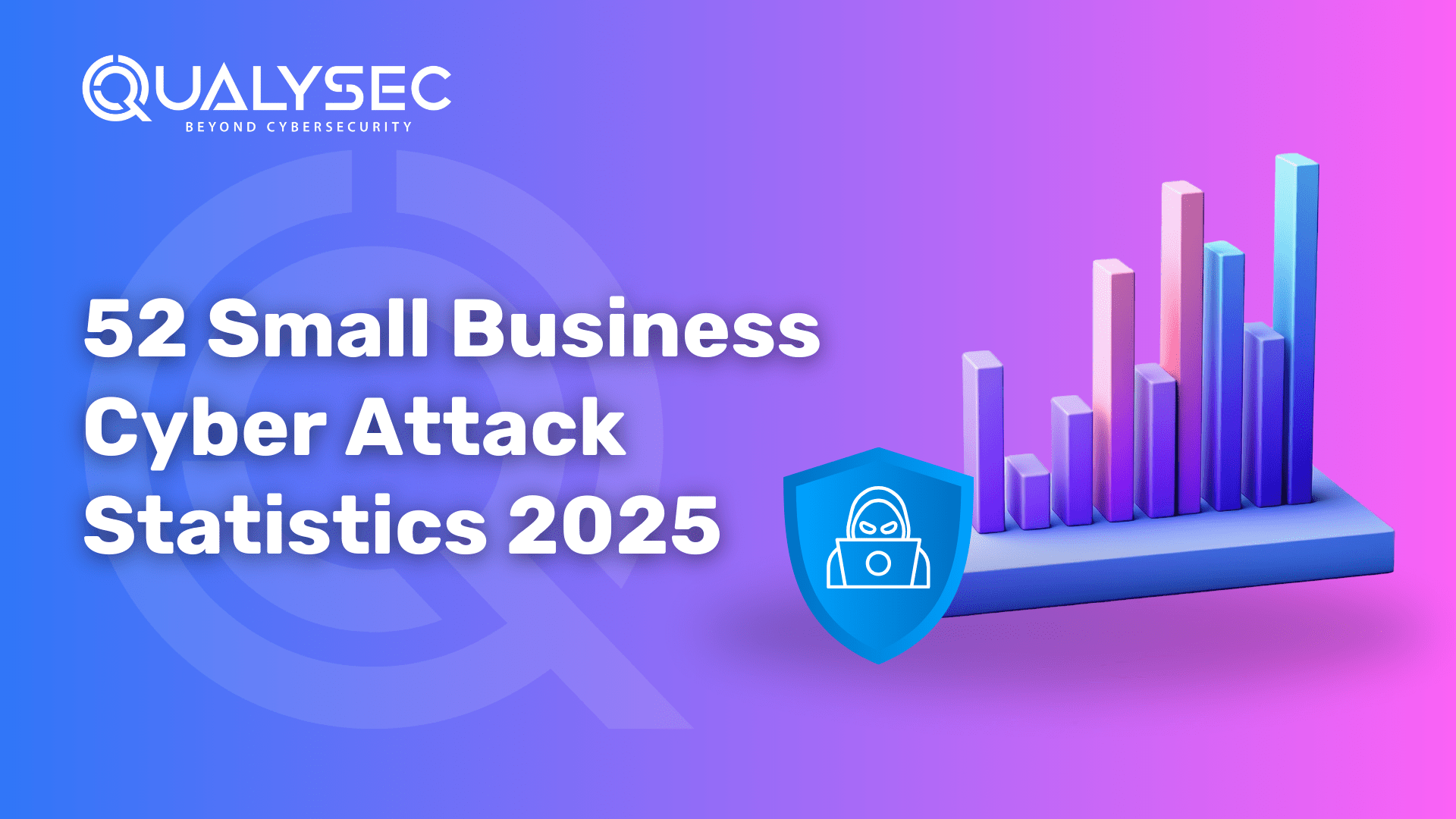


























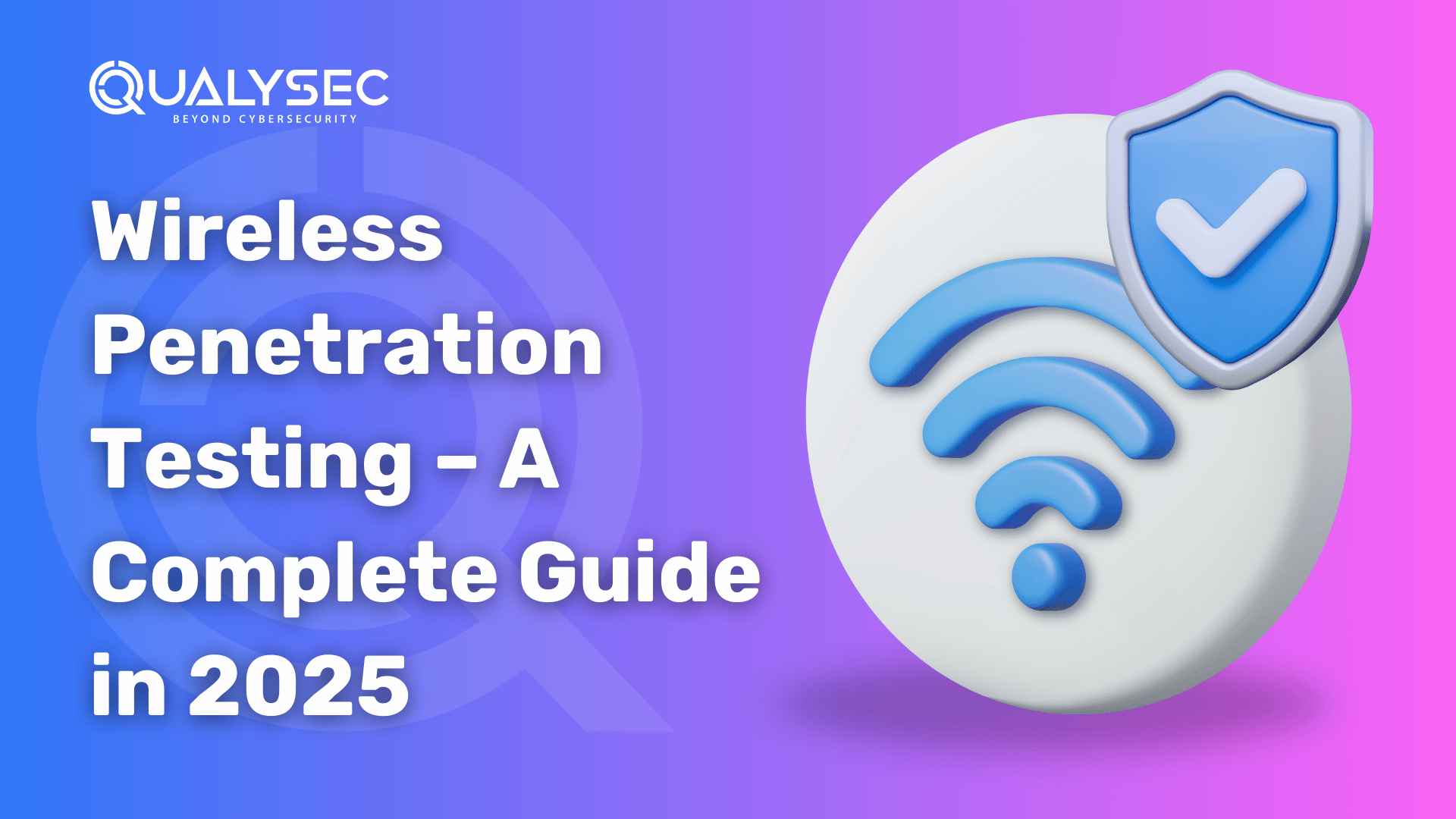




























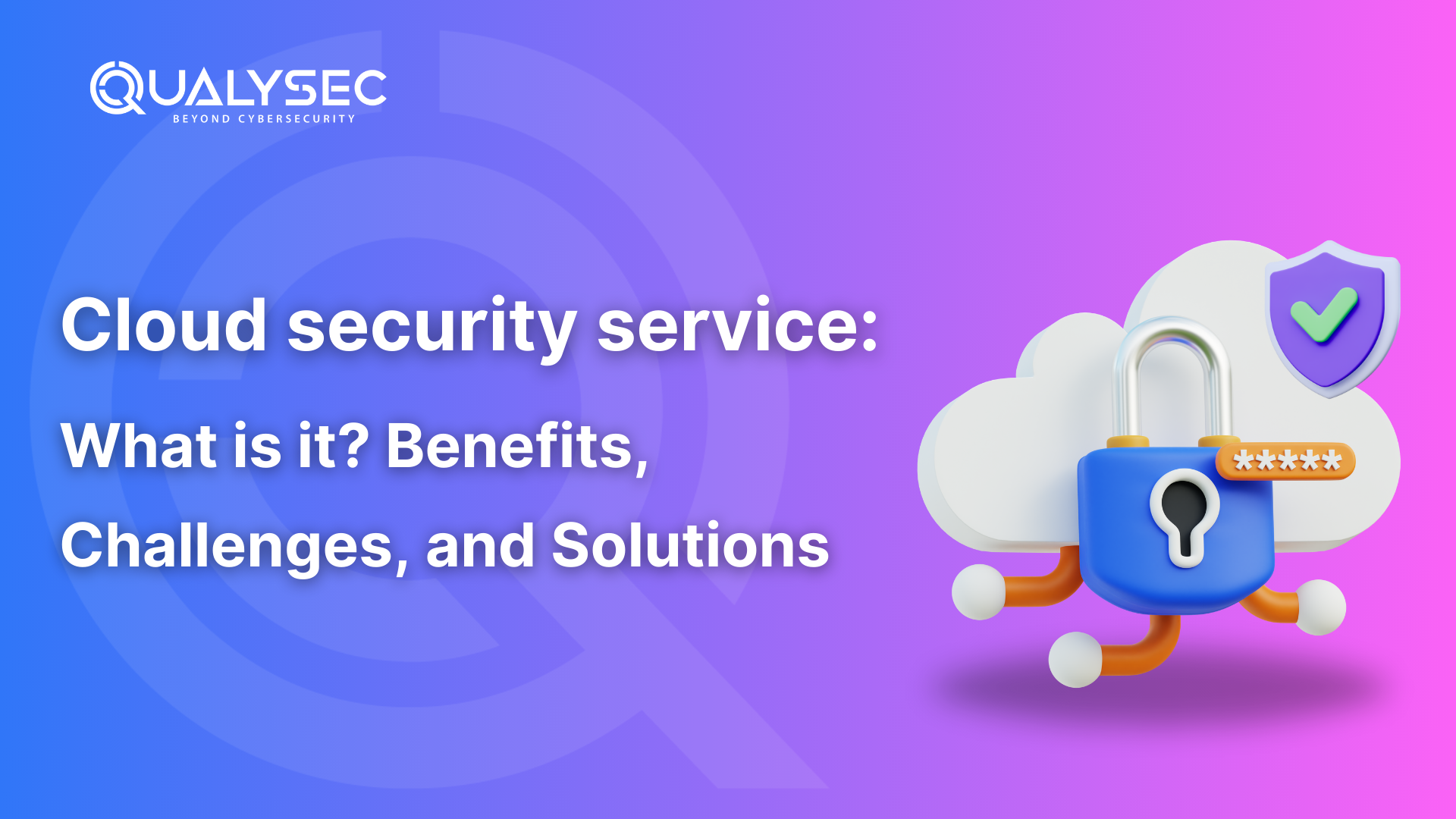



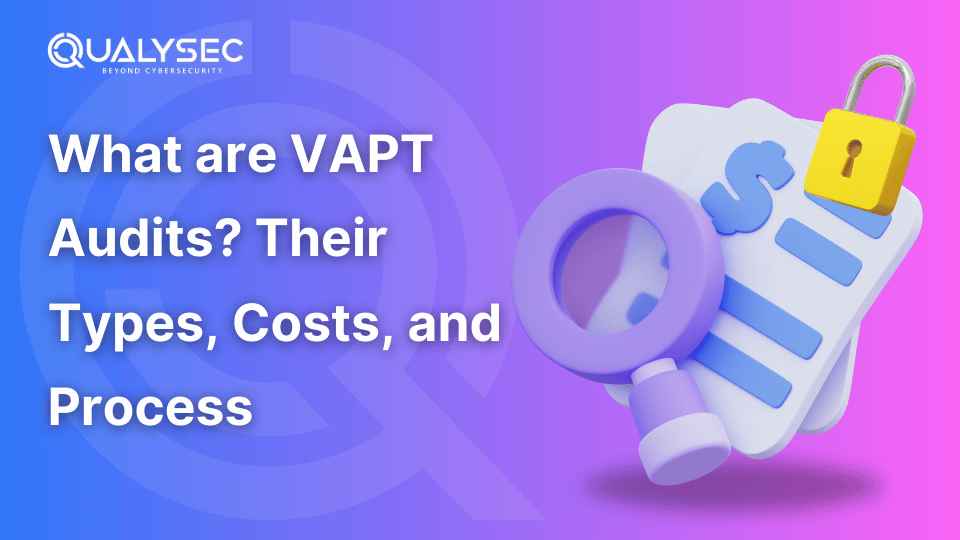








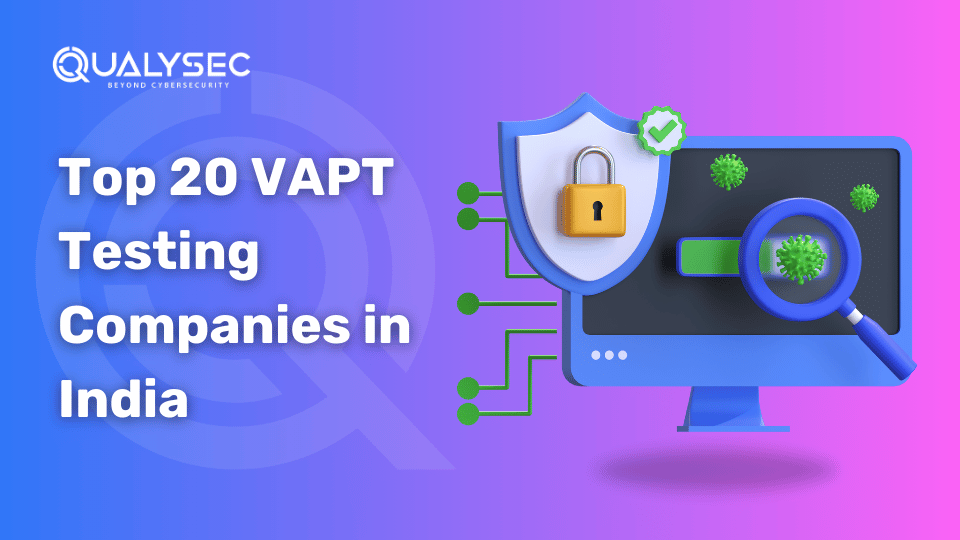


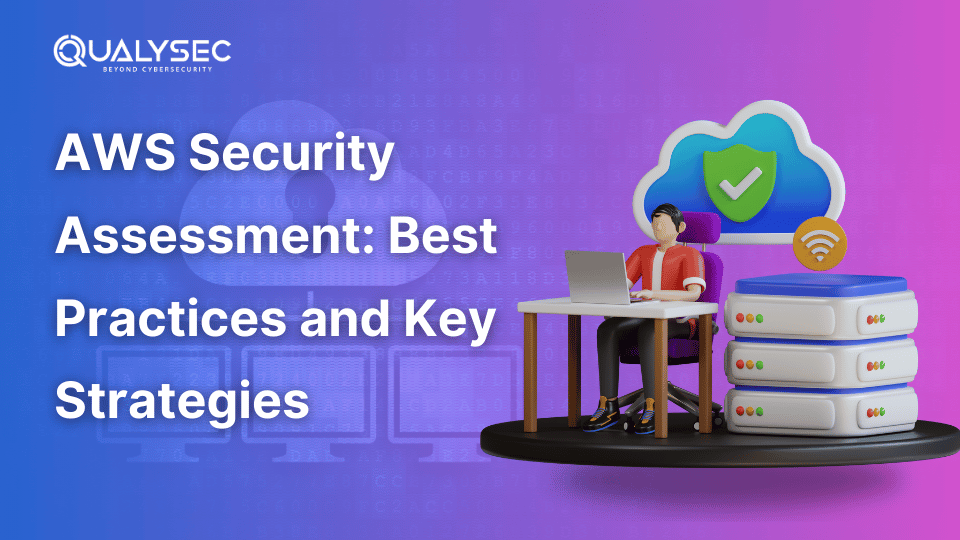



















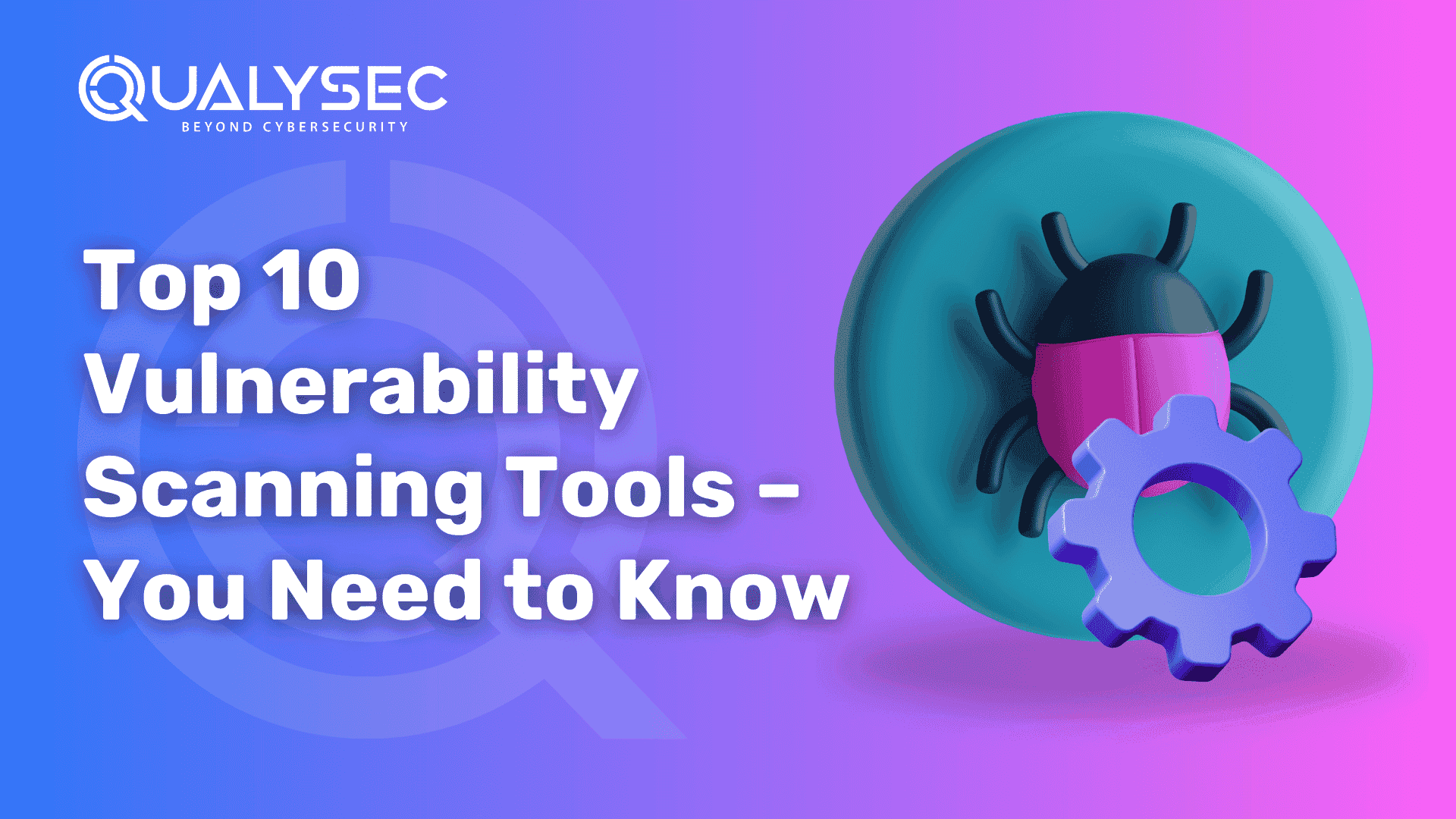


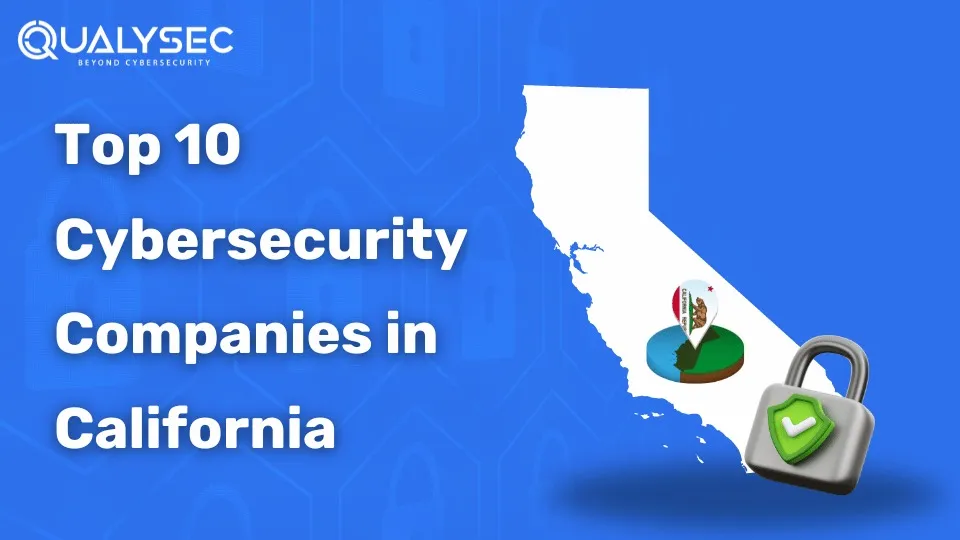
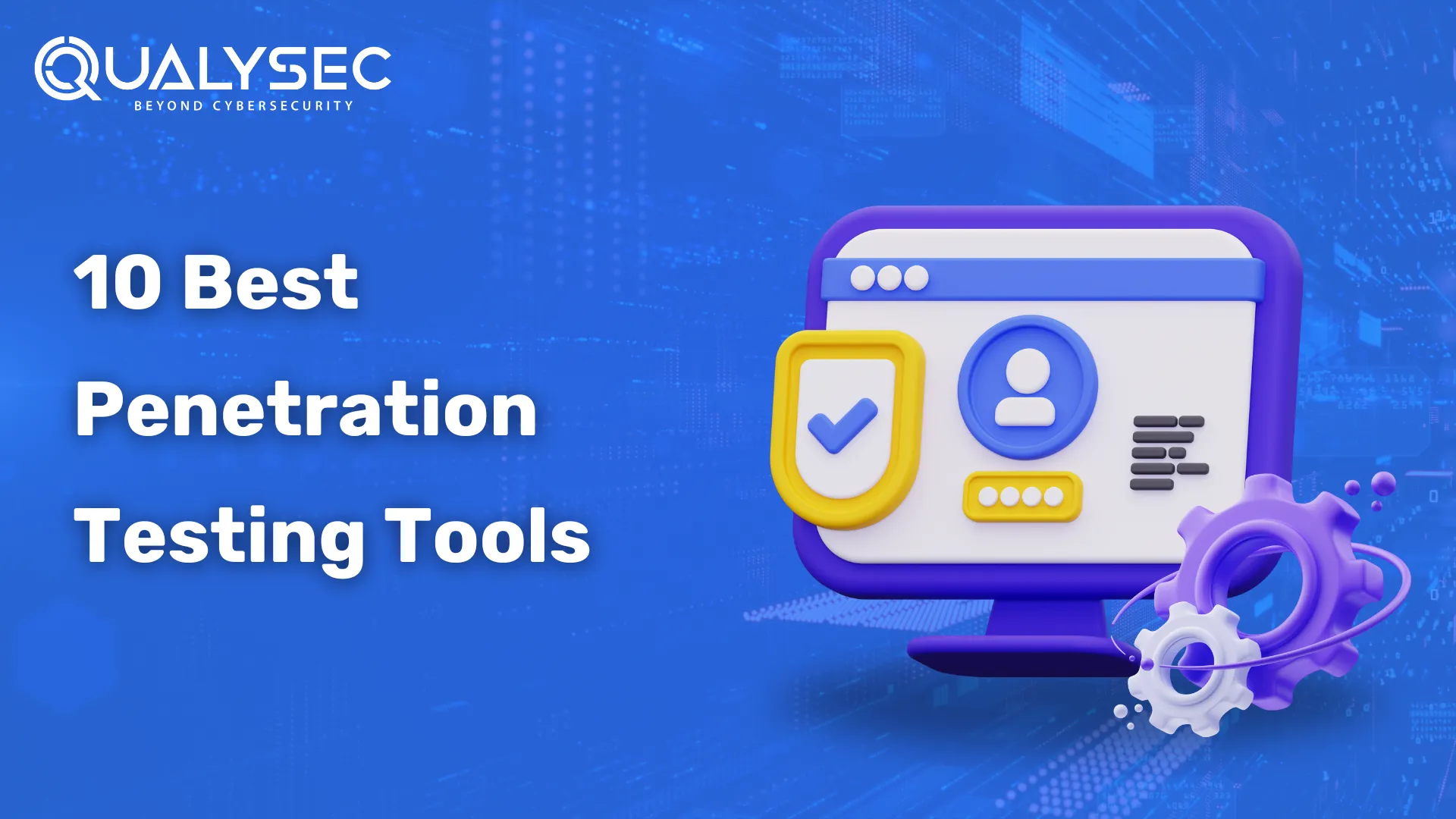





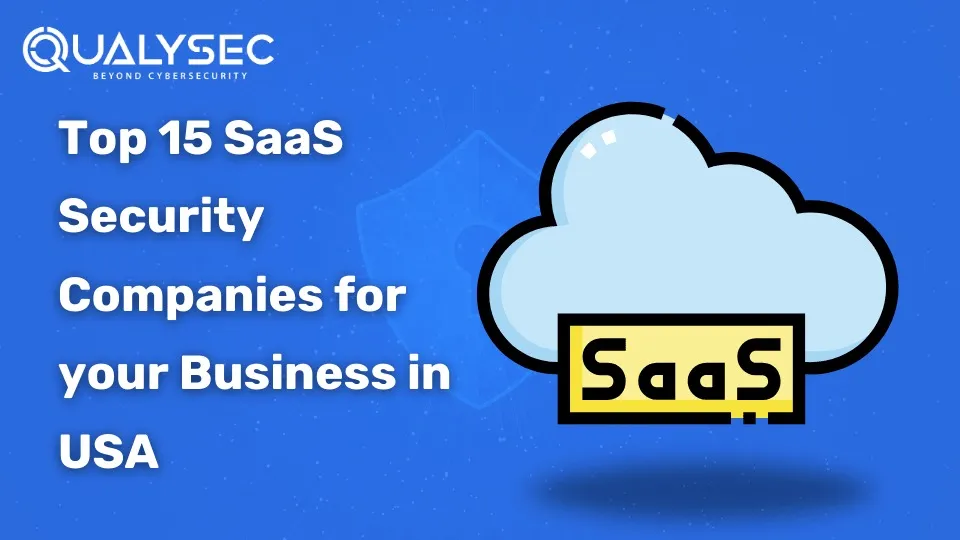



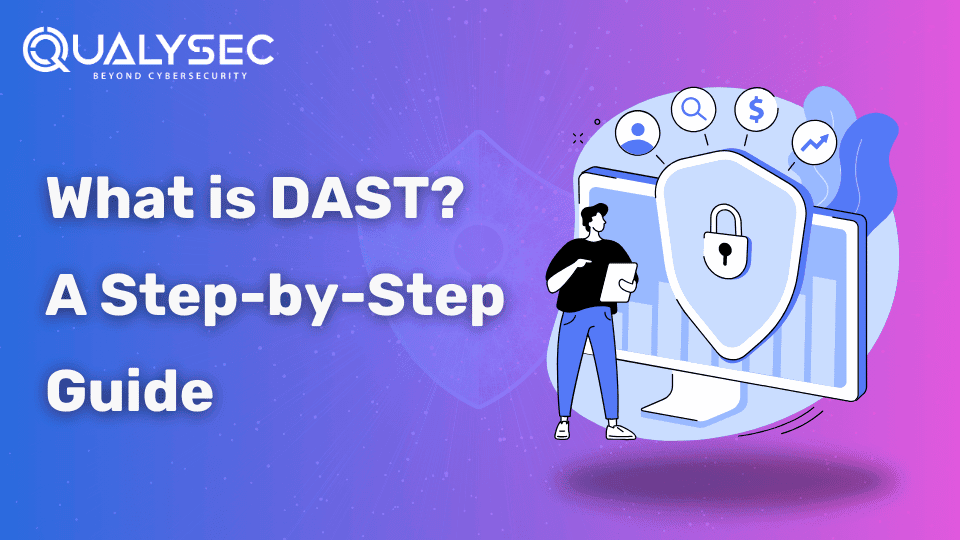


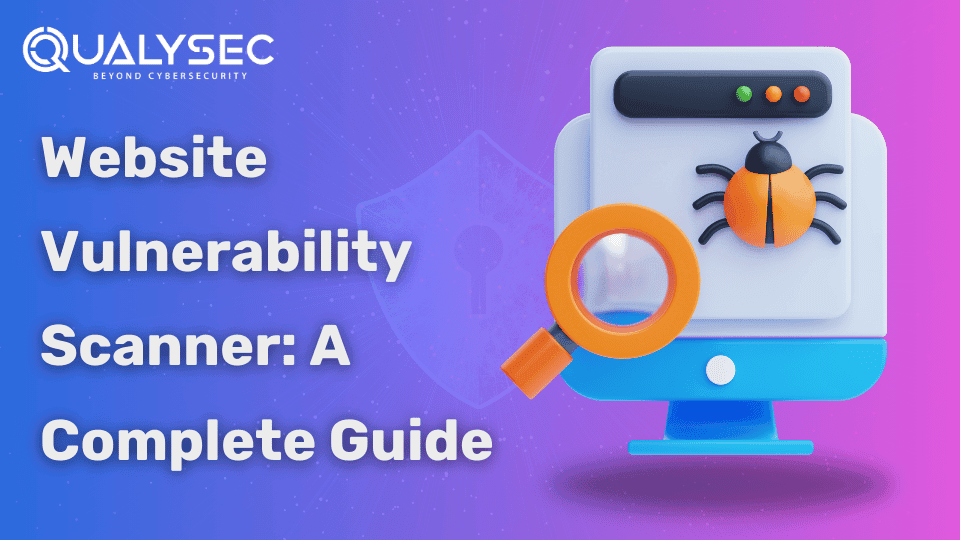

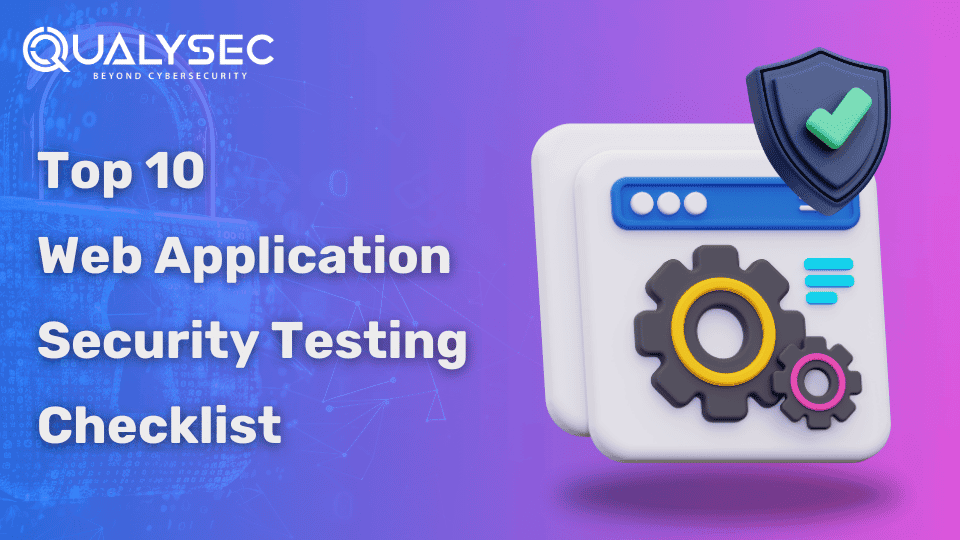

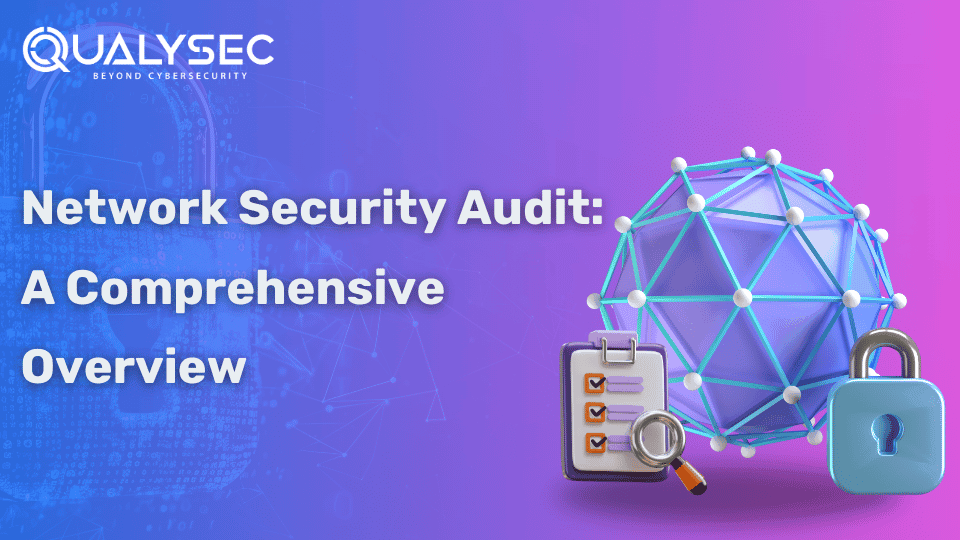











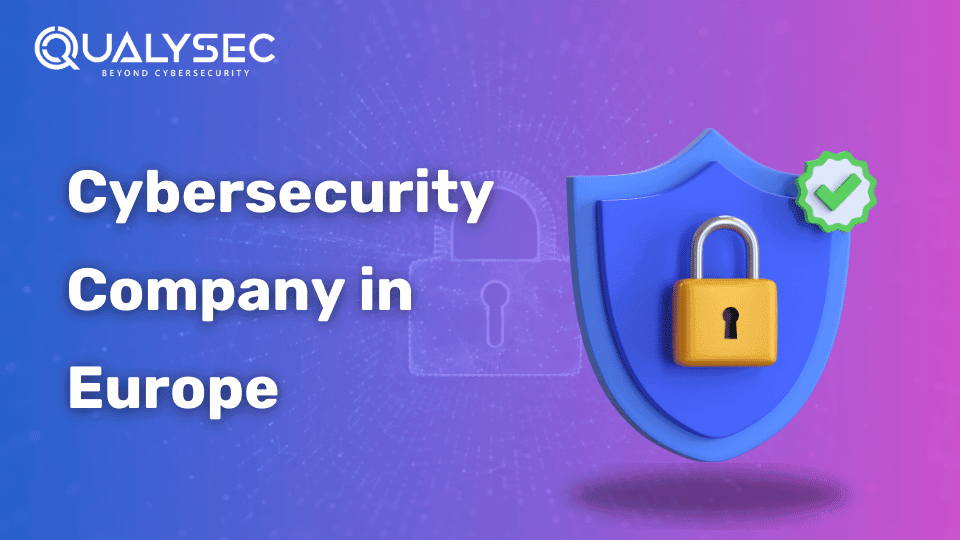

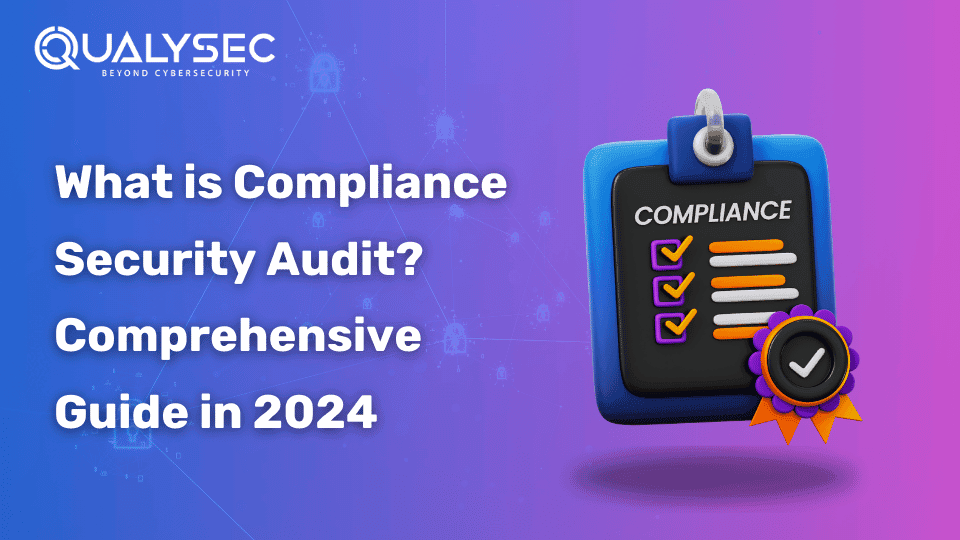


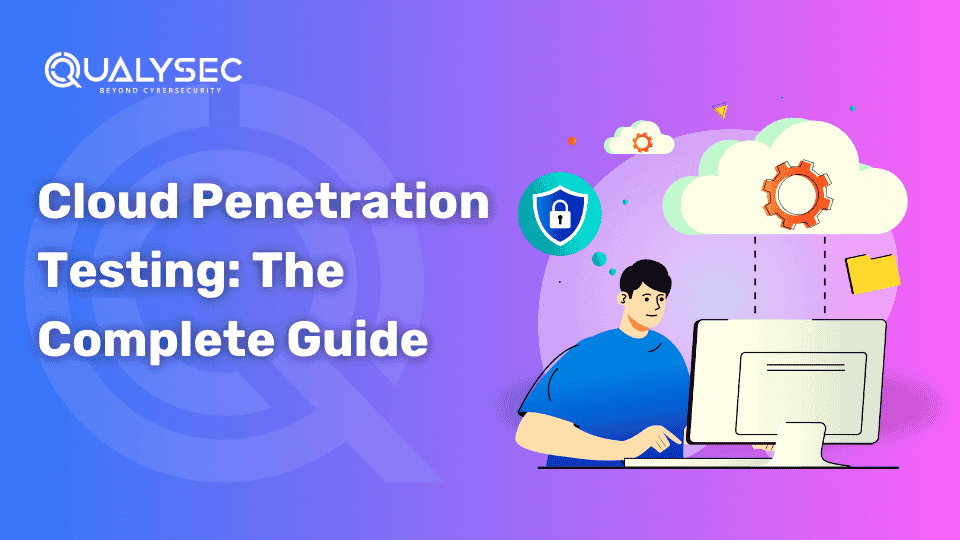


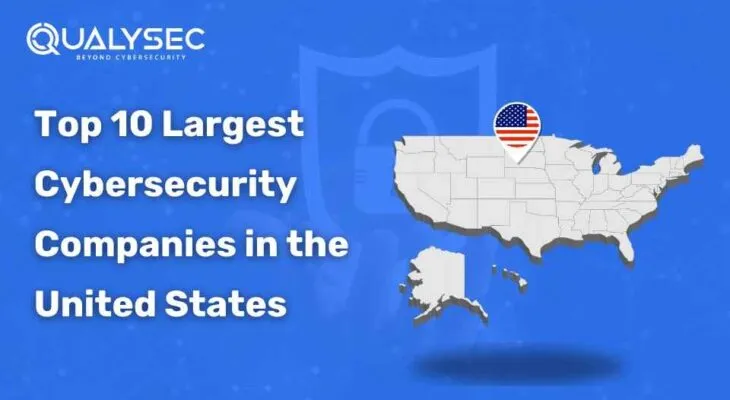

























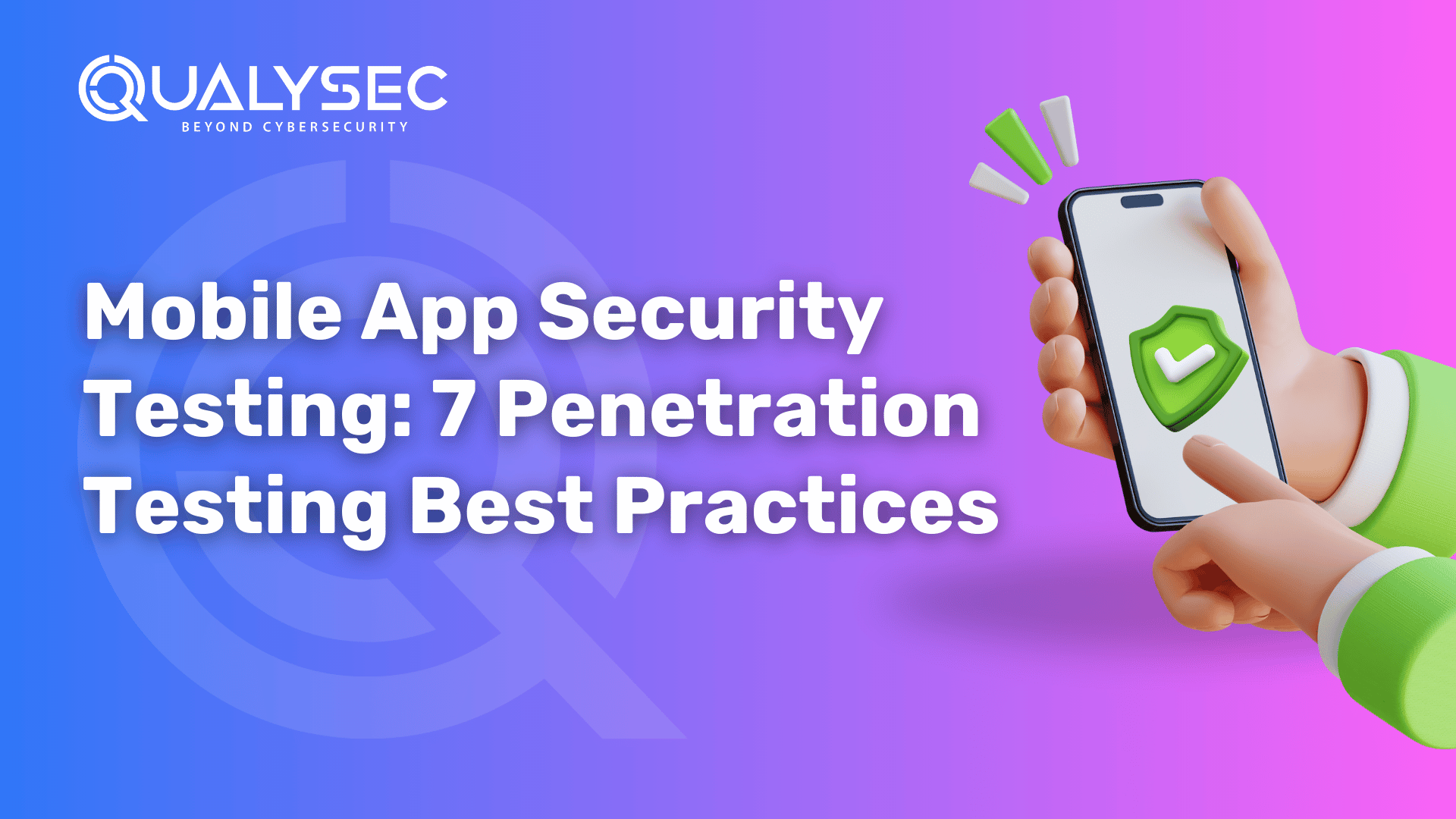














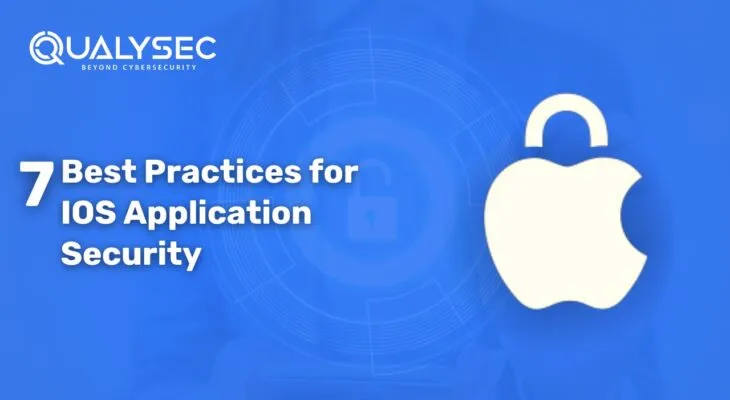


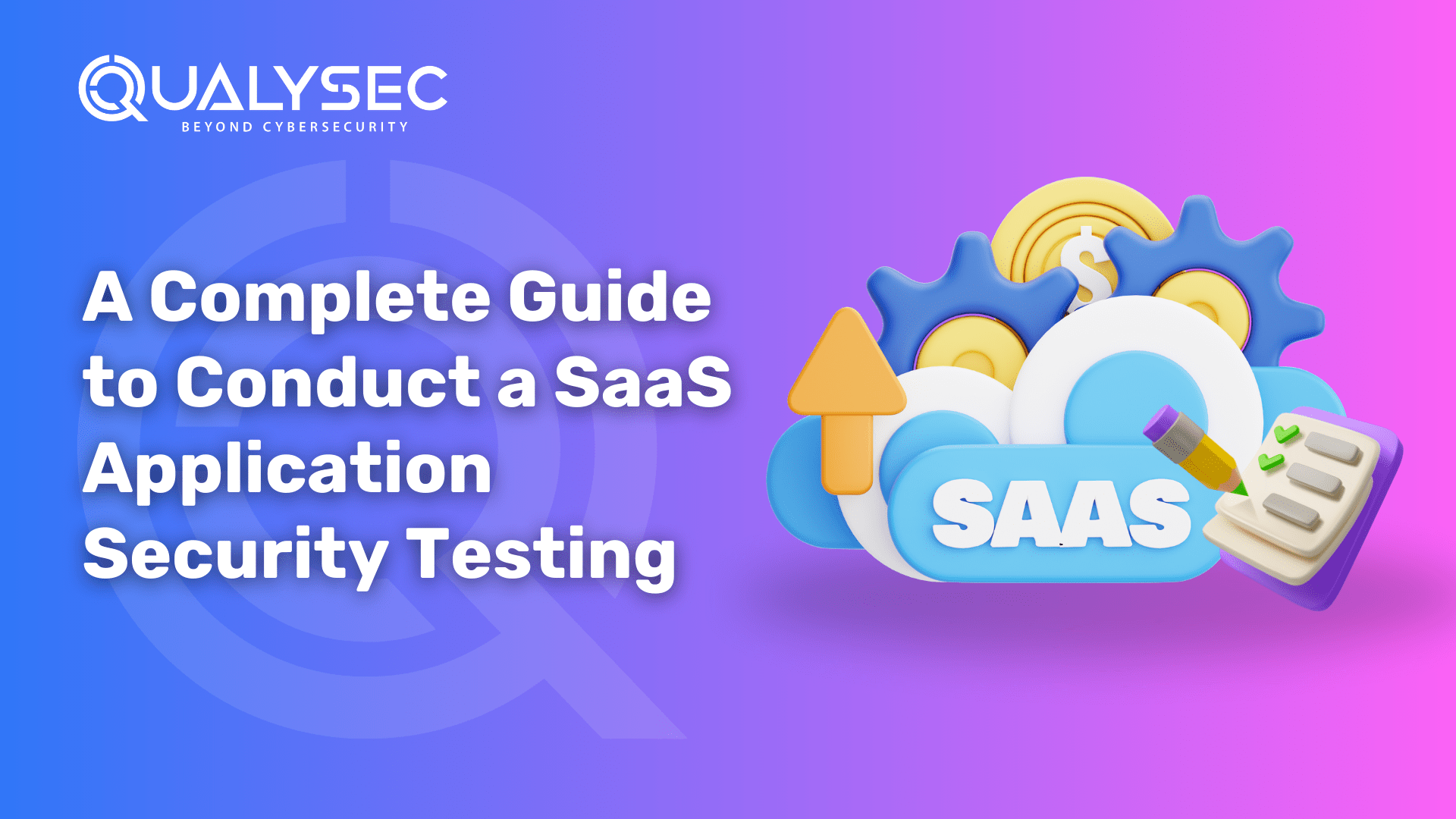





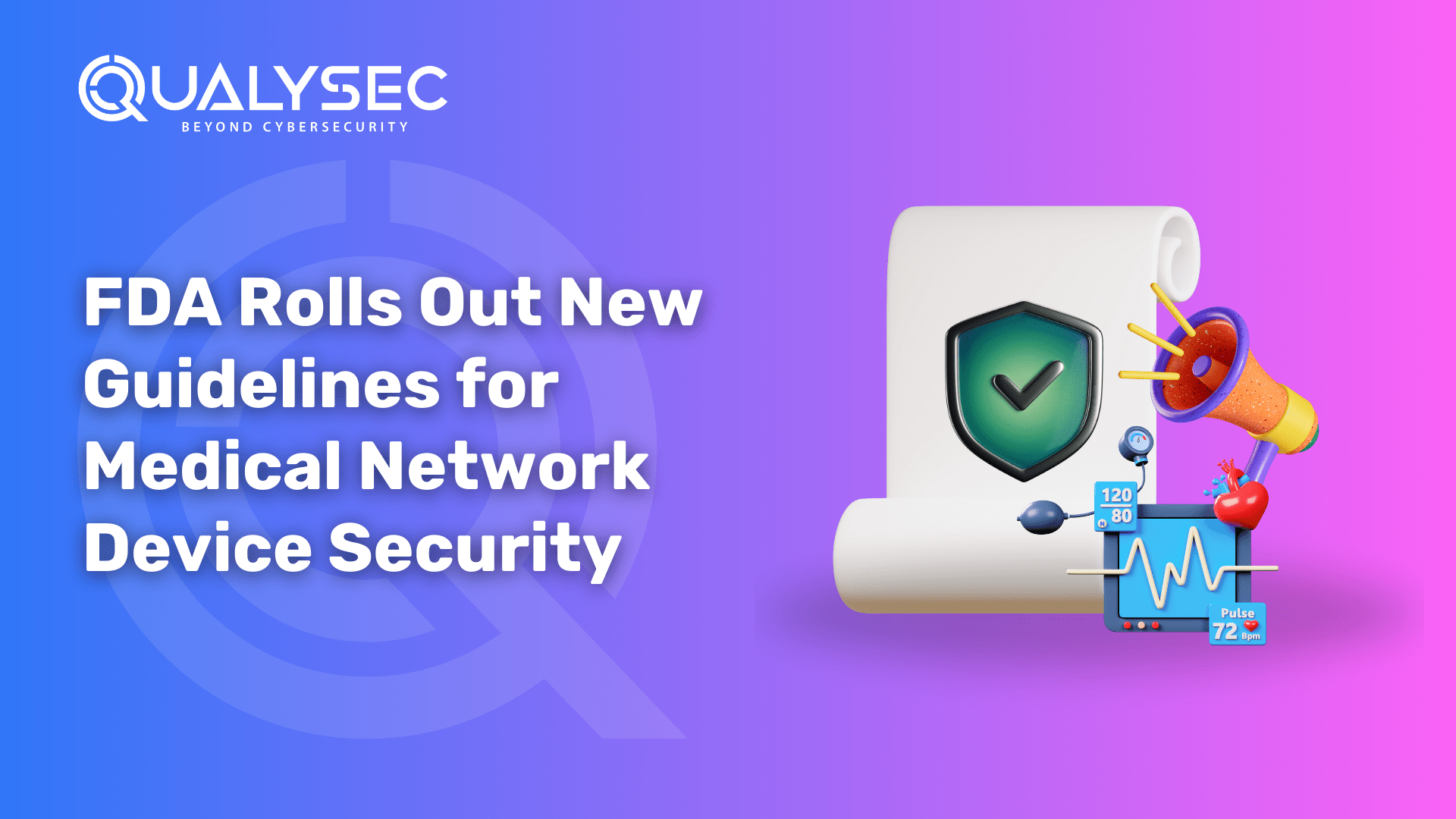





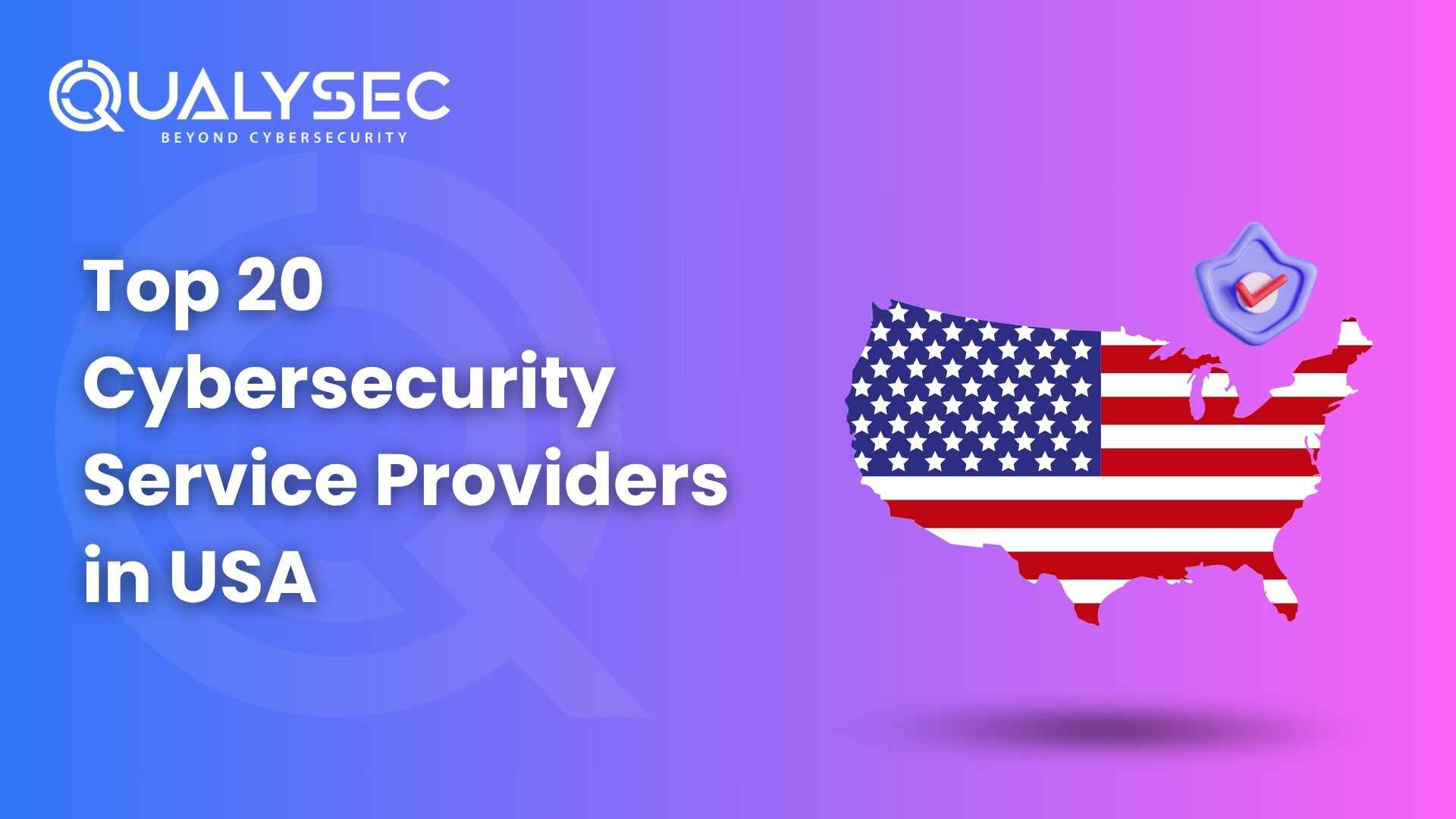










































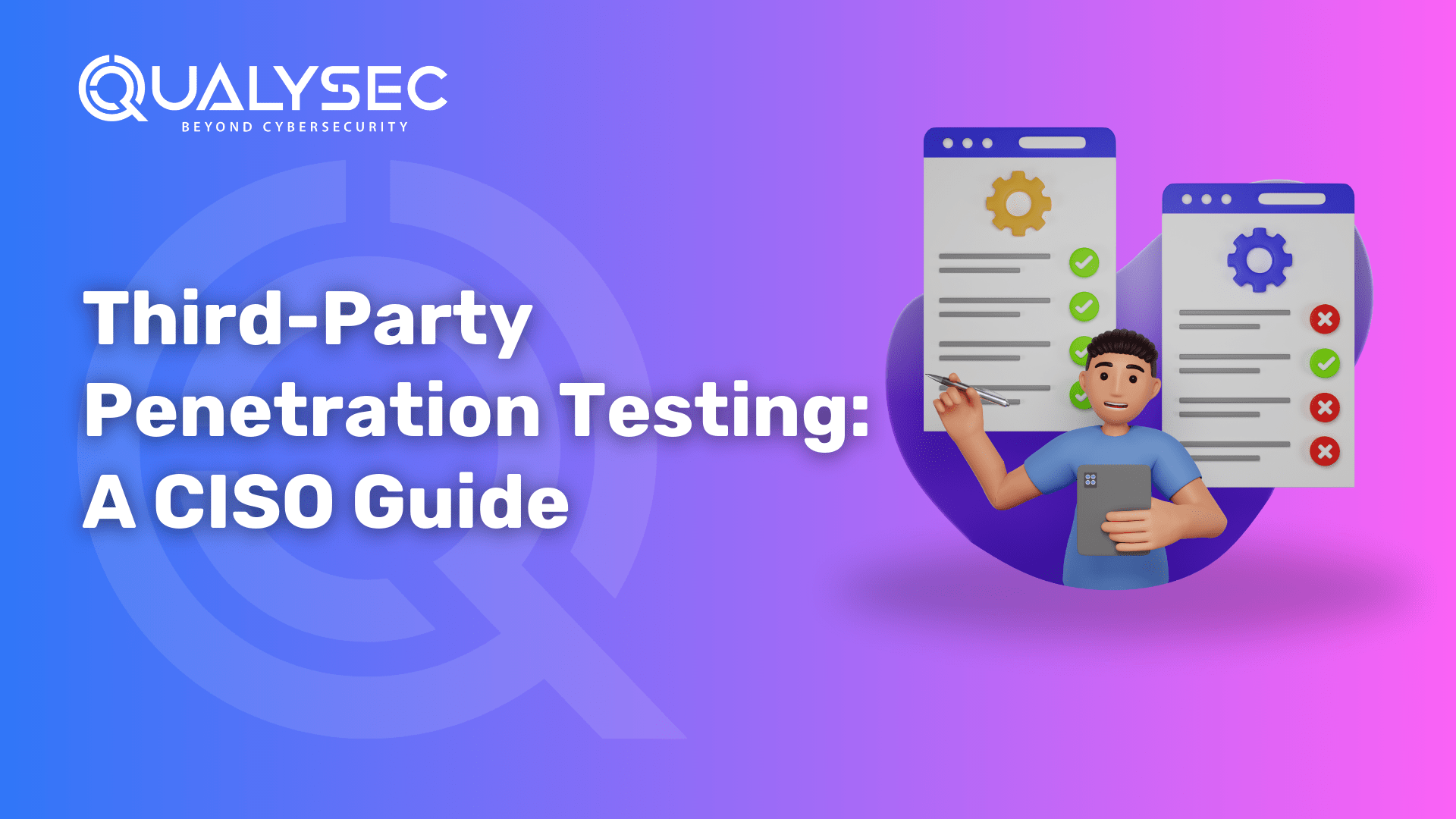



































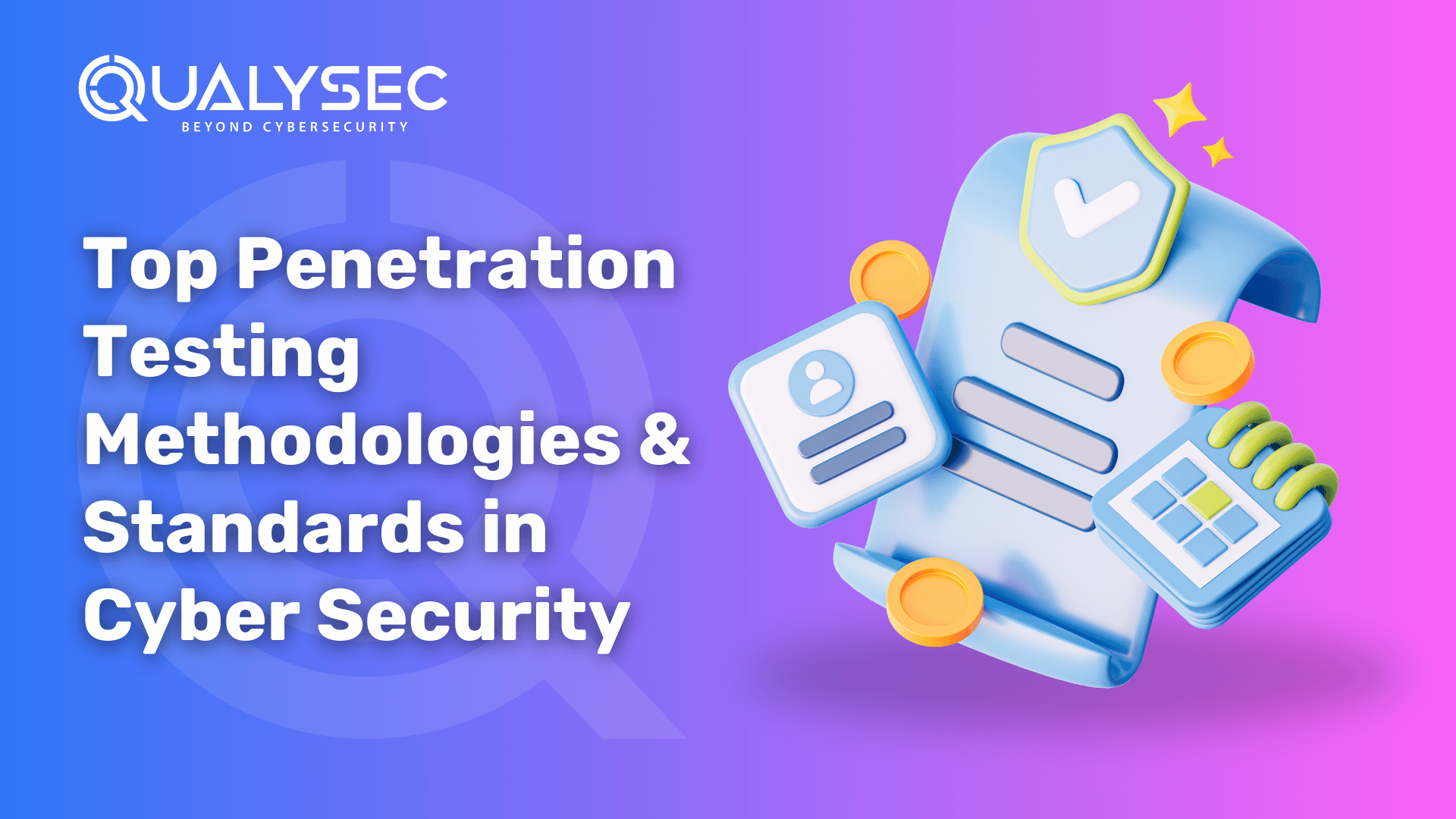


































































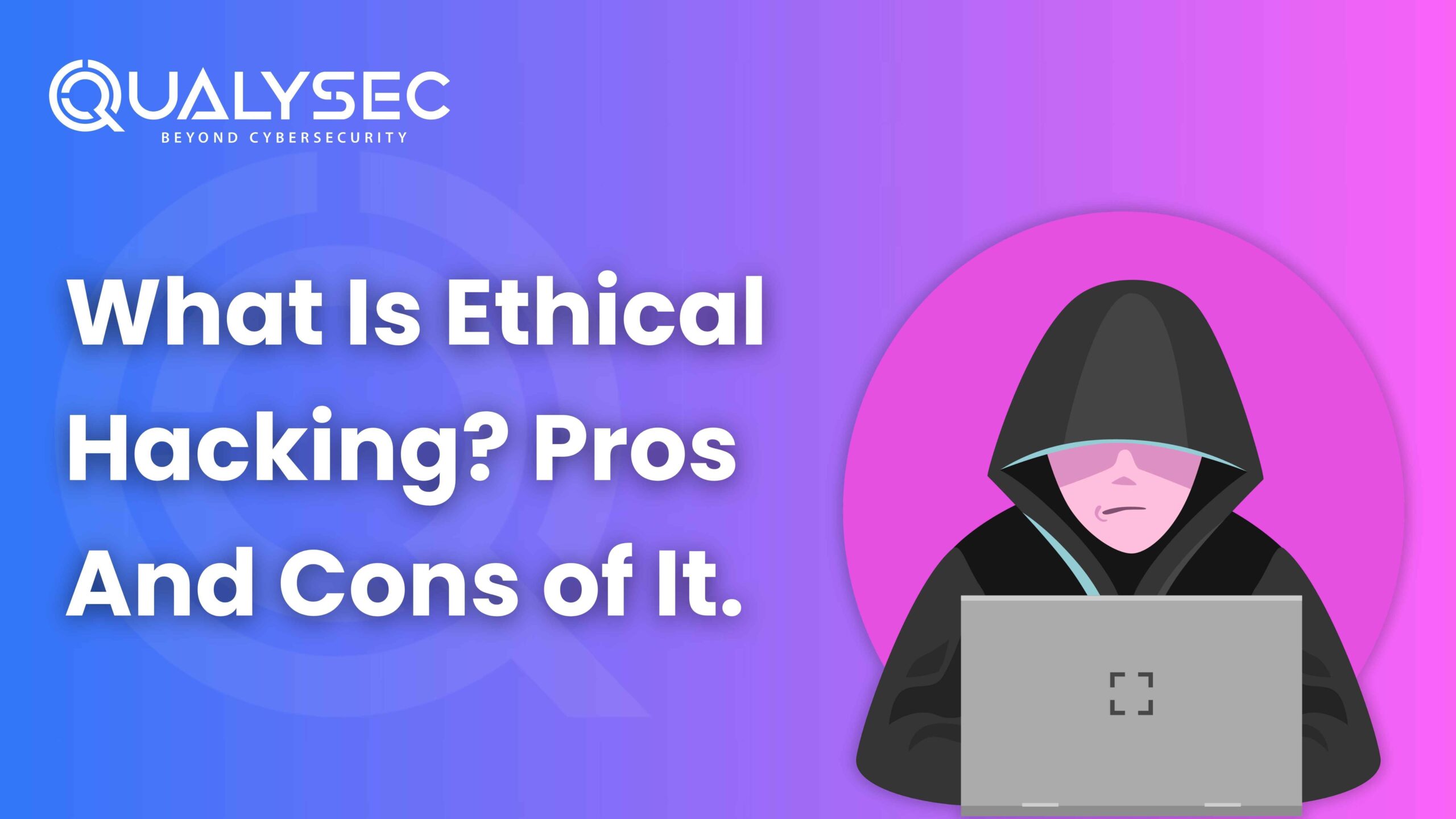








































0 Comments